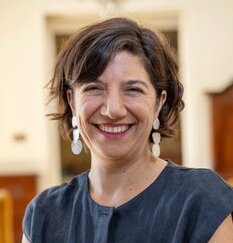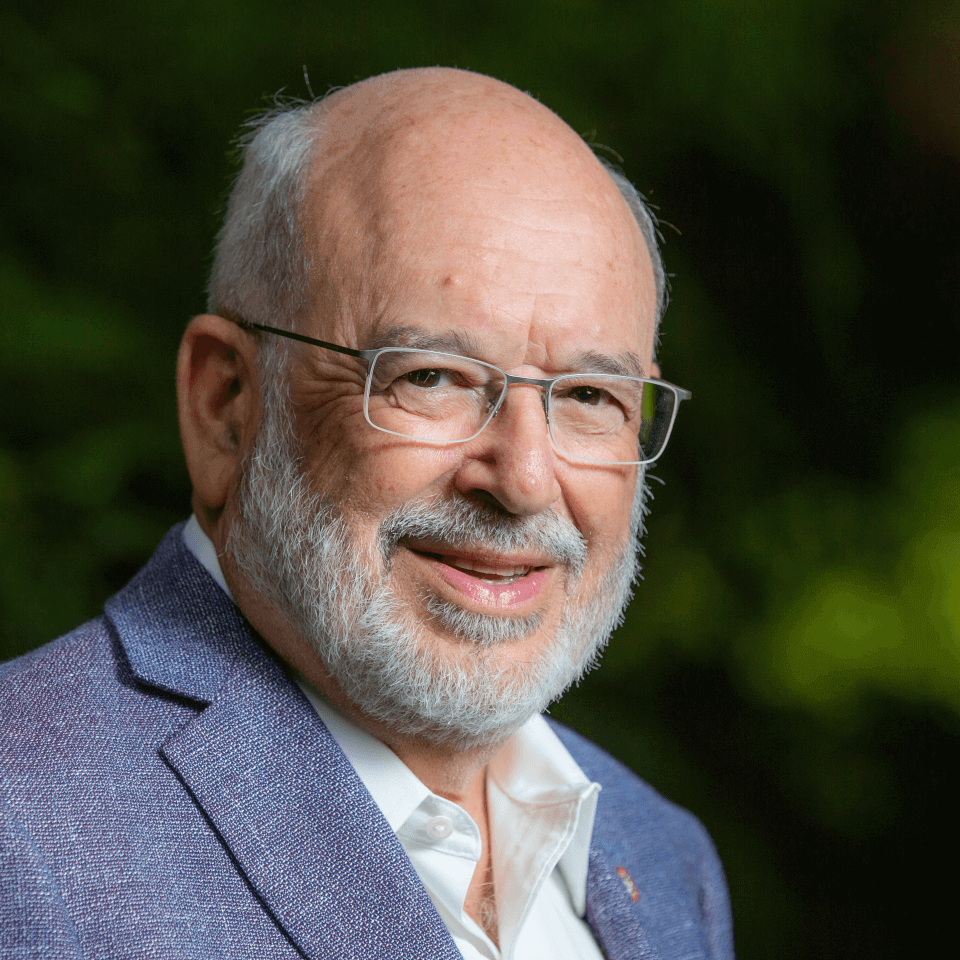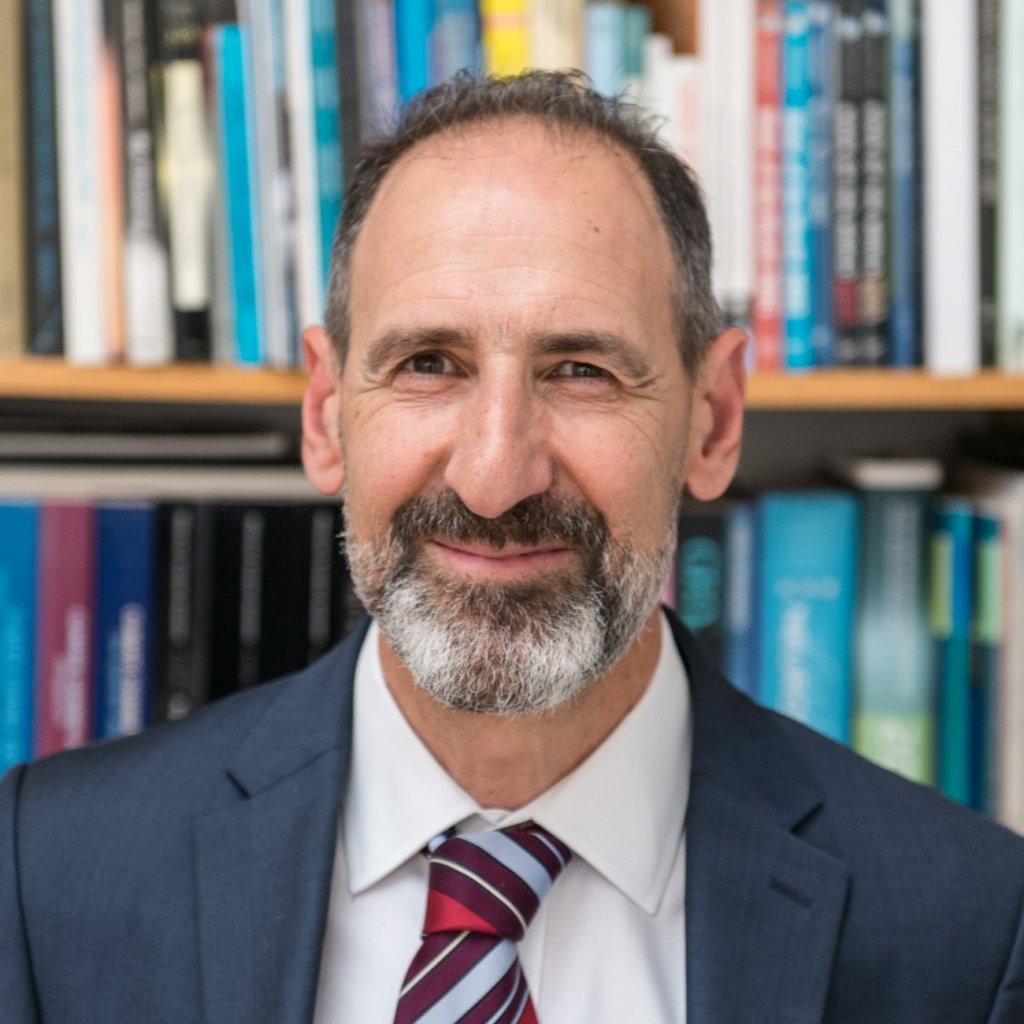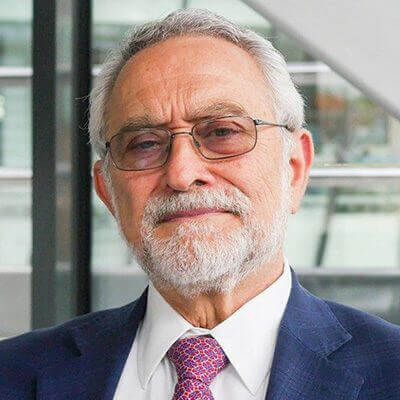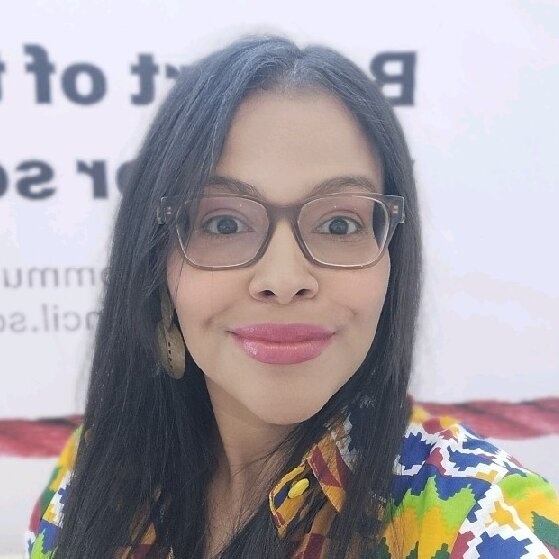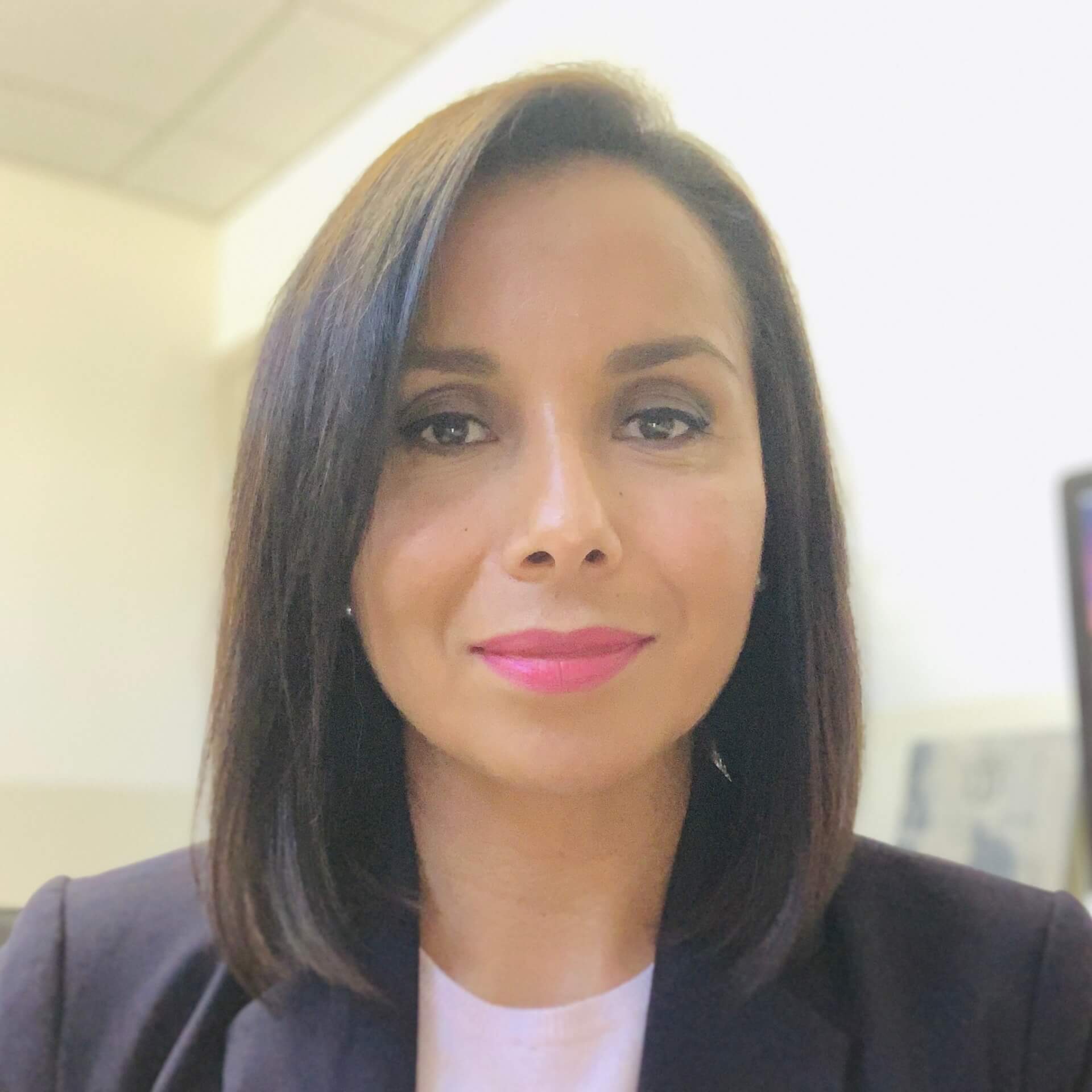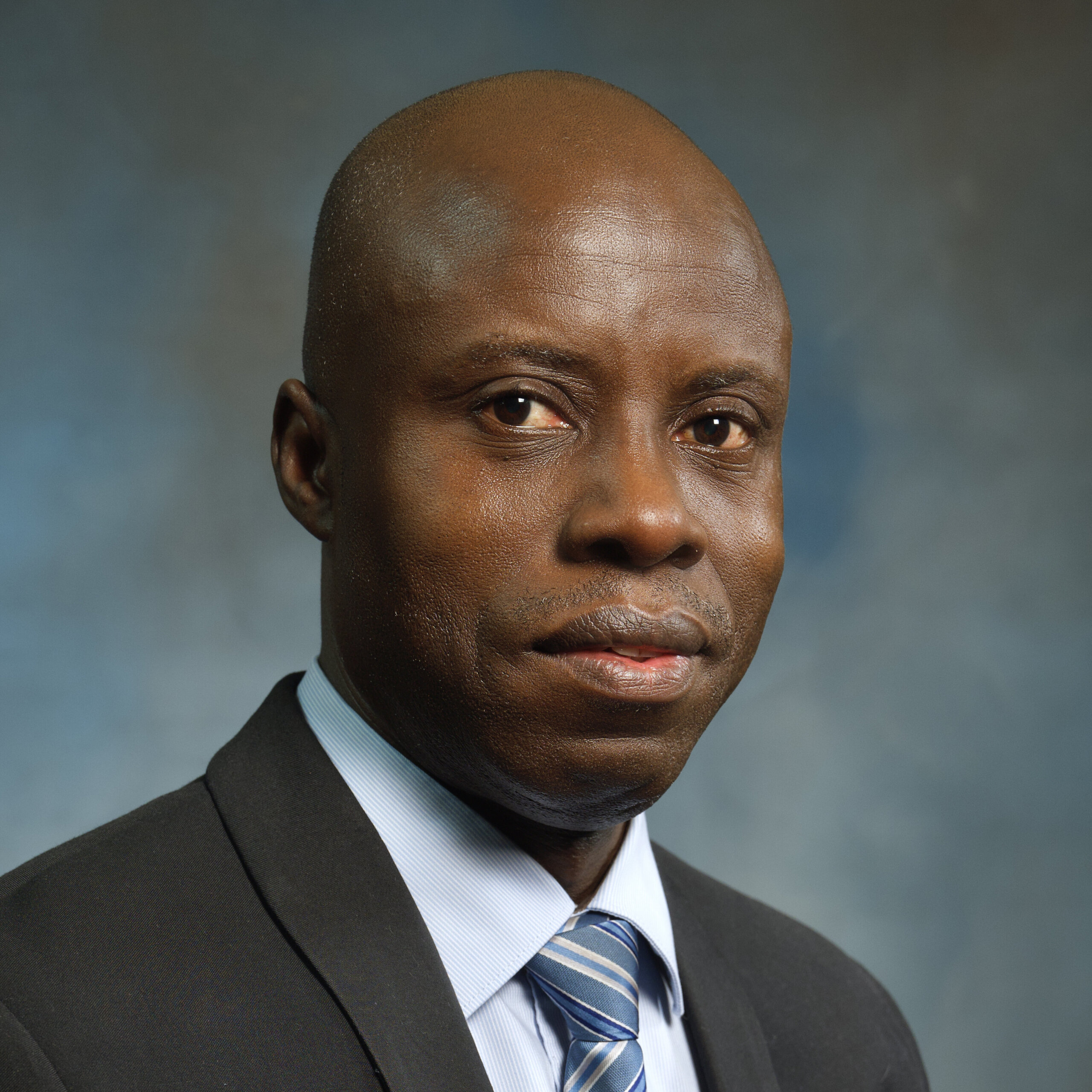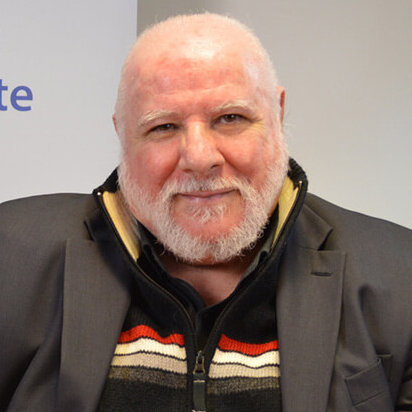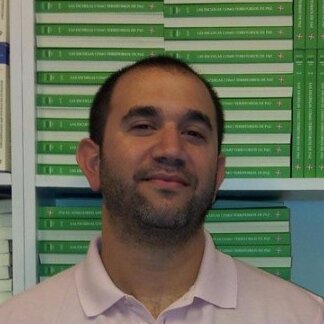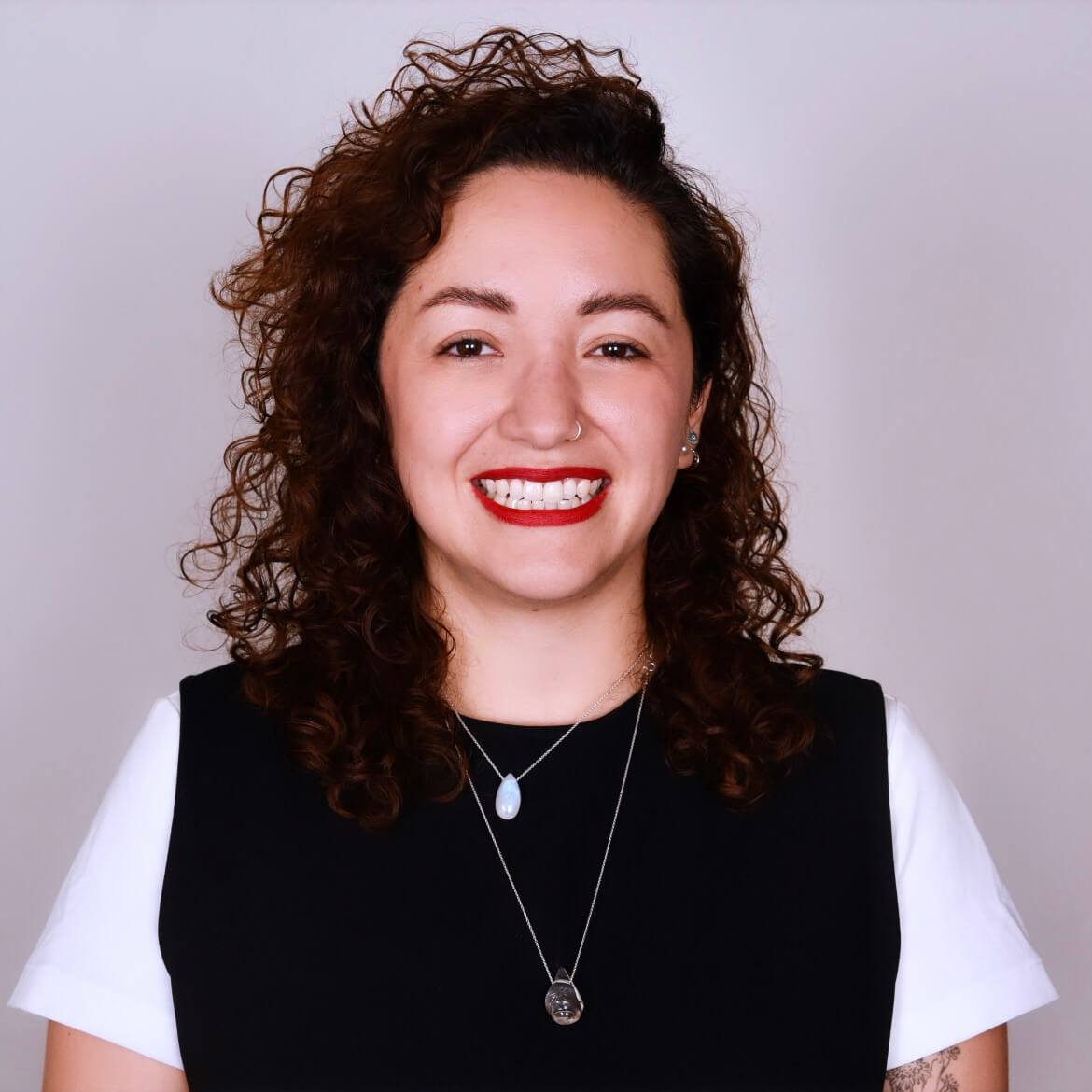Programme: Global Knowledge Dialogue for Latin America and the Caribbean
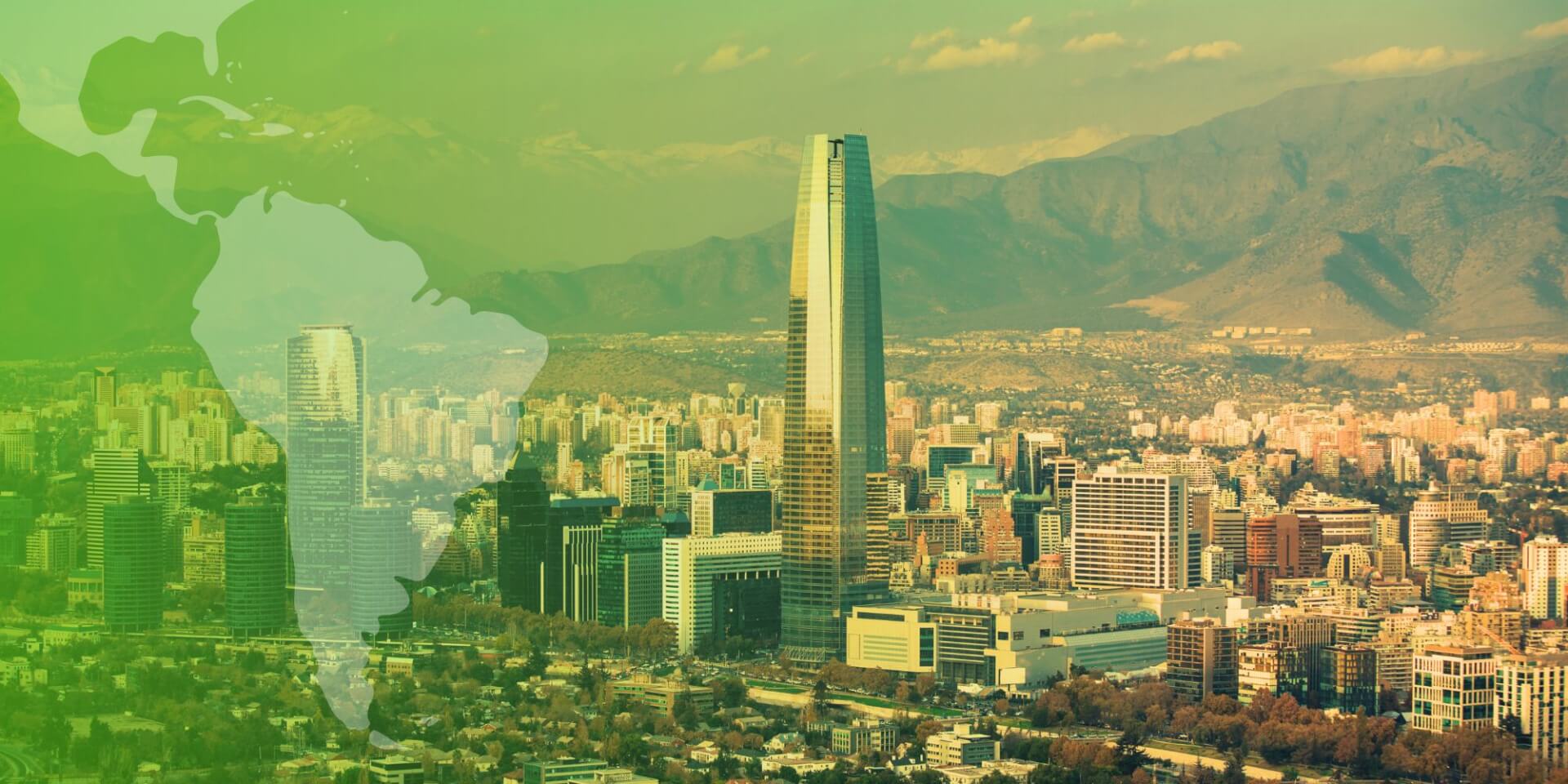
👉 View the PDF programme
🔁 Ver esta página en español / 🔁 Veja esta página em português
Tuesday 9 April
Please enjoy the morning to arrive in Santiago, Chile at the Icon Hotel Santiago.
✨ Pre-event: Freedoms and Responsibilities in Science Roundtable | 14:00 – 17:00, ALFA room (level -2)
✨ Pre-event: Early and Mid-Career Researchers Forum | 14:00 – 17:00, BETA room (level -2)
✨ Pre-event: (by invitation only) AI workshop, ISC Centre for Science Futures, ILDA | 09:00 – 17:00, TAU room (level -1)
🍷 Welcome cocktail & inspiring films from women scientists in the field (OWSD) | 18:00, Foyer (level -2)
❗ Simultaneous interpretation (Spanish – English/English – Spanish) will be provided on 10 and 11 April for all sessions.
Wednesday 10 April
Opening – ALFA room, level -2
09:00 – 09:20 | Welcome remarks
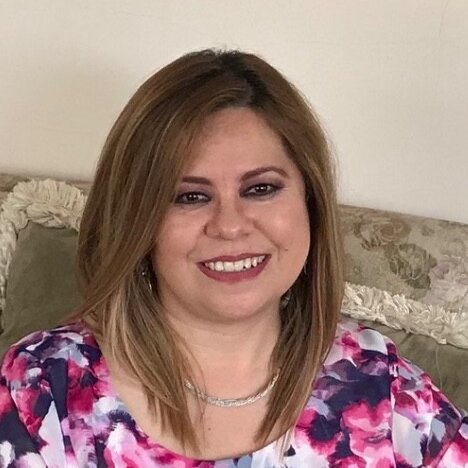
Co-Chair, Liaison Committee of the ISC Regional Focal Point for Latin America and the Caribbean
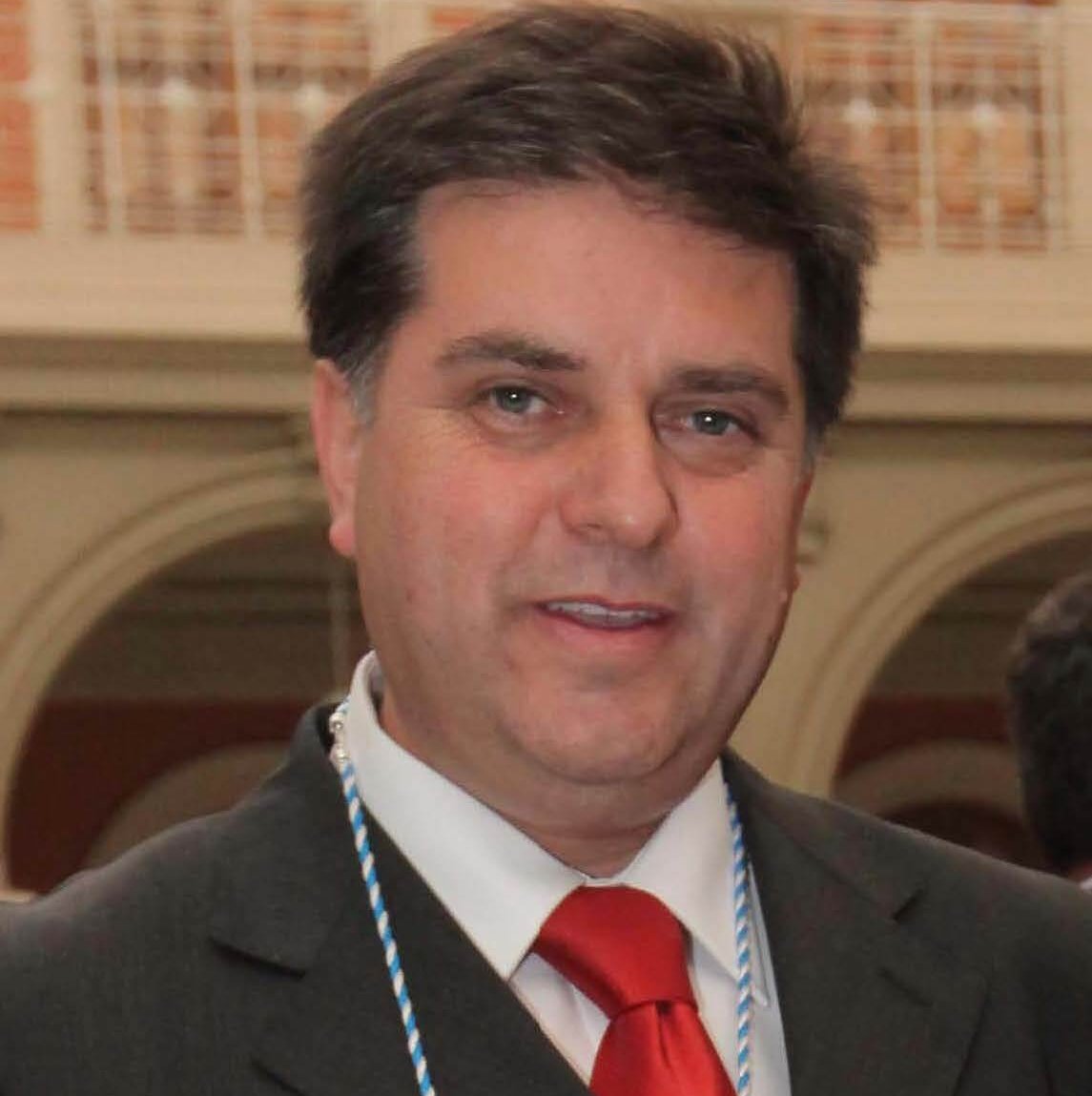
Co-Chair, Liaison Committee of the ISC Regional Focal Point for Latin America and the Caribbean
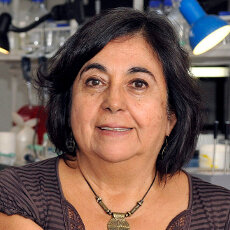
Cecilia Hidalgo
President, Chilean Academy of Sciences
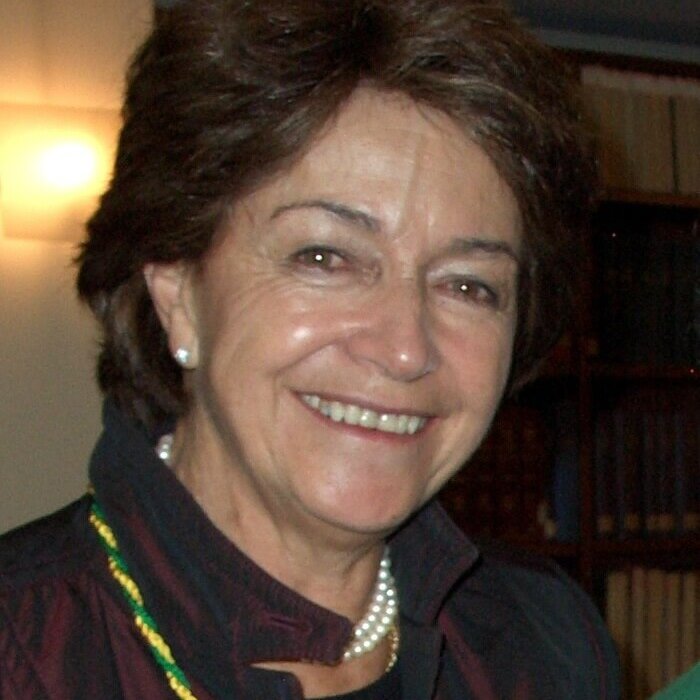
Helena Groot
Director, ISC Regional Focal Point for Latin America and the Caribbean (RFP-LAC); President, Colombian Academy of Exact, Physical and Natural Sciences
09:20 – 09:40 | Ministerial and Official Addresses

Luis Sobrevia
Moderator
Co-Chair, Liaison Committee of the ISC Regional Focal Point for Latin America and the Caribbean
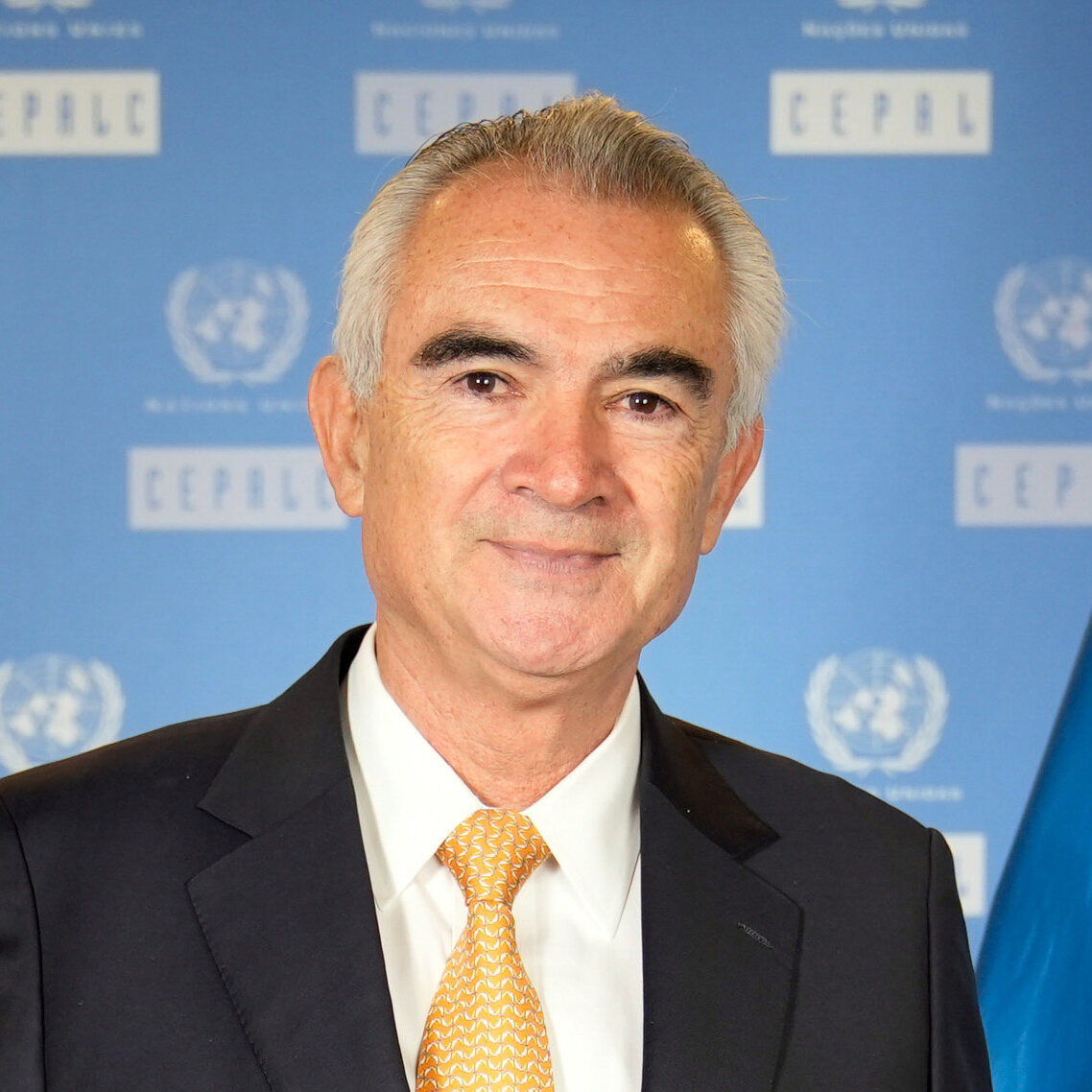
José Manuel Salazar-Xirinach
VIP attendee
Executive Secretary, Economic Commission for Latin America and the Caribbean (CEPAL)/United Nations
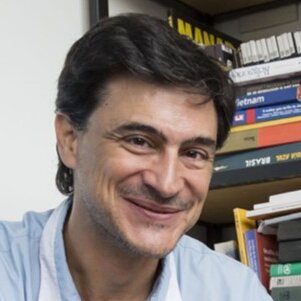
Guillermo Anlló
VIP attendee
UNESCO Senior Programme, Science and Technology Policy and Capacity Building, LAC UNESCO Regional Bureau for Science, Uruguay
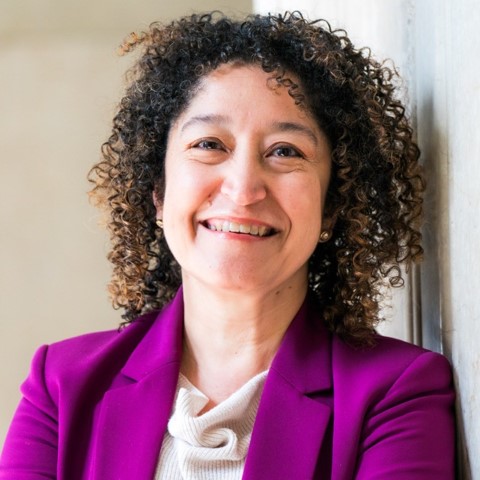
Her Excellency
Beatriz de la Fuente
VIP attendee
Ambassador, Head of Division for North America, Central America and the Caribbean, Ministry of Foreign Affairs, Chile
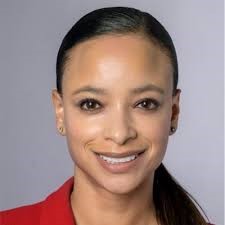
Esther Kuisch Laroche
VIP attendee
Director, Multisectoral Regional Office of UNESCO, Chile
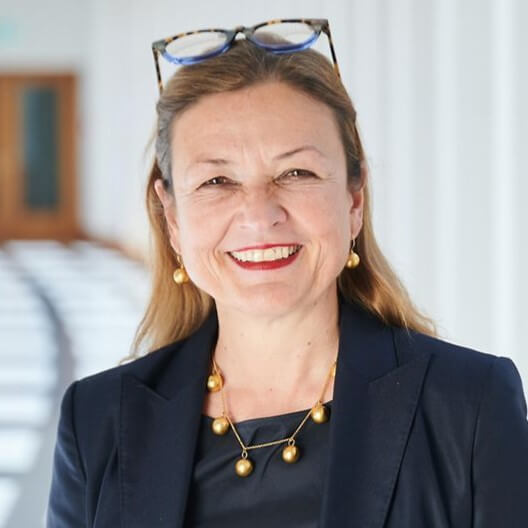
Her Excellency
Irmgard Maria Fellner
VIP attendee
Ambassador of Germany to Chile
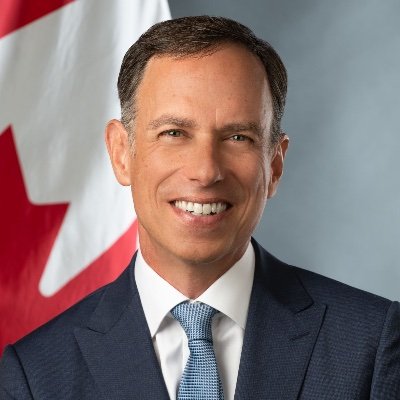
His Excellency
Michael Gort
VIP attendee
Ambassador of Canada to Chile
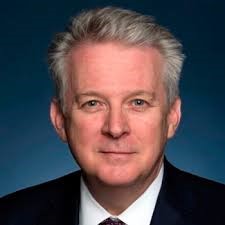
His Excellency
Todd Mercer
VIP attendee
Ambassador of Australia to Chile
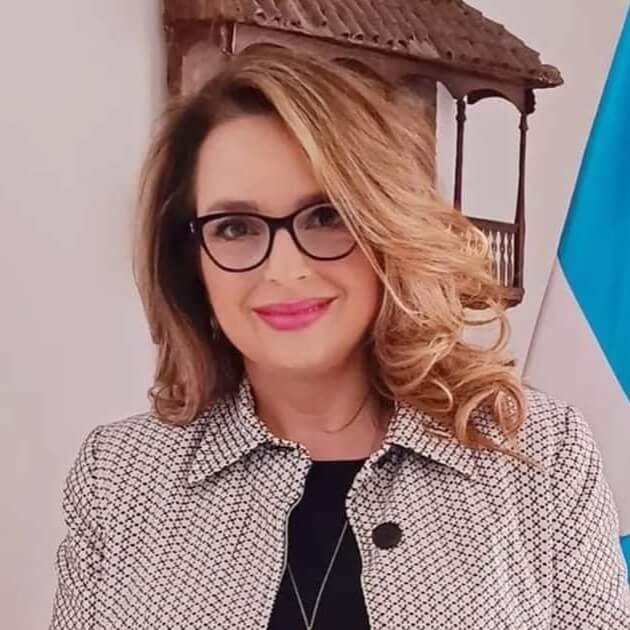
Her Excellency
Linda Redondo
VIP attendee
Ambassador of Honduras to Chile
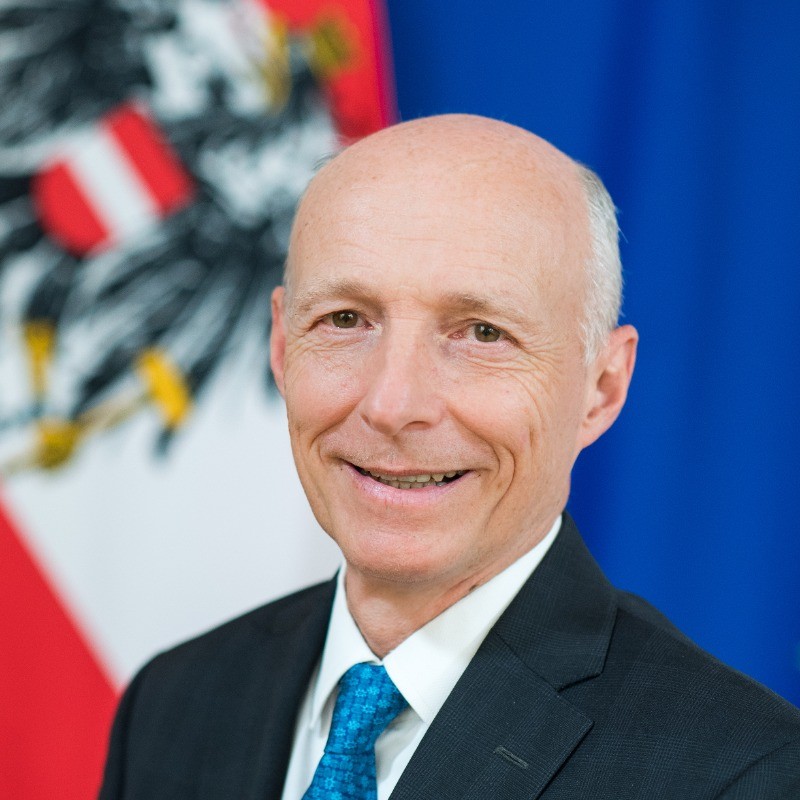
His Excellency
Stephan Vavrik
VIP attendee
Ambassador of Austria to Chile
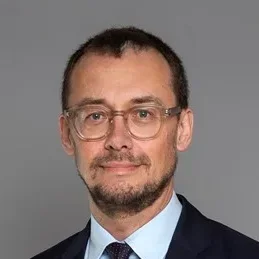
His Excellency
Tomas Wiklund
VIP attendee
Ambassador of Sweden to Chile
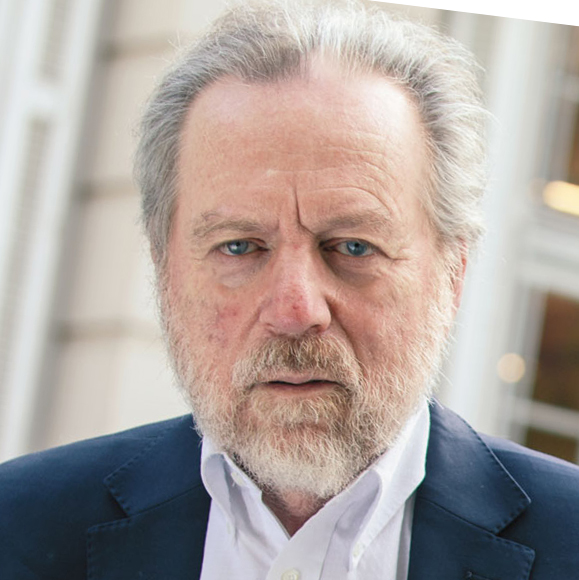
Joaquín Fermandois
VIP attendee
President, Instituto de Chile
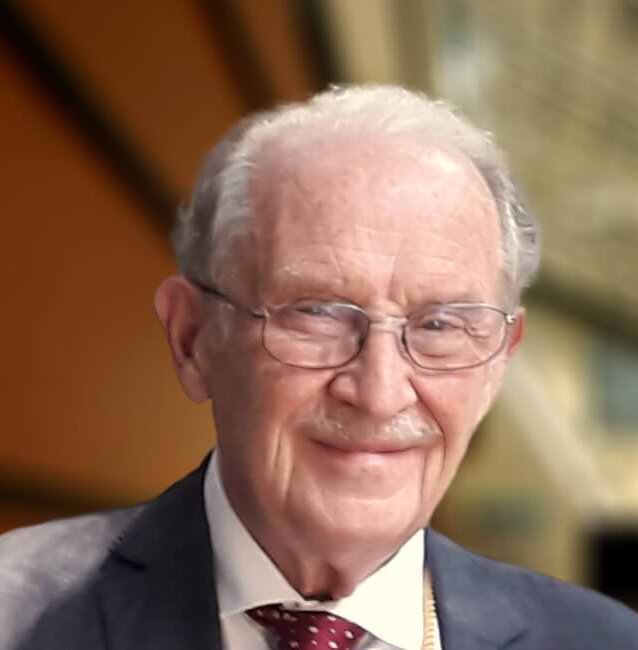
Emilio Roessler
VIP attendee
President, Chilean Academy of Medicine
09:40 – 10:00 | Presentation of the International Science Council
A welcome message from the ISC, including an update for ISC Members on the most recent developments for enhancing the global voice of science in the multilateral space. Followed by a Q&A.
10:00 – 10:30 | BREAK (Honduran coffee offered by the Embassy of Honduras) – Foyer, level -2
Part I: Advancing scientific diplomacy and science advice in the national, regional and multilateral space – ALFA room, level -2
10:30 – 13:00 | First Science and Diplomacy Forum of Latin America and Caribbean
This pivotal session of the First Diplomatic Forum of Latin American and Caribbean Embassies to Chile (DFLAC) will be a cornerstone event under the Global Knowledge Dialogue to the Latin American and Caribbean. Set against the backdrop of the Pro-Tempore Honduras Presidency of The Community of Latin American and Caribbean States (CELAC), DFLAC champions the theme “Sustainable Knowledge as a Development Tool,” aiming to redefine and reignite the conversation of sustainable development in the LAC region. This forum is meticulously crafted to spark in-depth discussions and exchange cutting-edge insights on leveraging knowledge as a catalyst for transformative development across Latin America and the Caribbean. By bringing together a diverse assembly of diplomats, experts, political leaders, and stakeholders, DFLAC seeks to unearth innovative solutions and collaborative strategies that promise to accelerate socio-economic advancement in the region. This is an activity co-organized by the Embassy of Honduras to Chile and ISC RFP-LAC.

Luis Sobrevia
Moderator Keynotes
Co-Chair, Liaison Committee of the ISC Regional Focal Point for Latin America and the Caribbean

Her Excellency
Linda Redondo
Keynote
Ambassador of Honduras to Chile
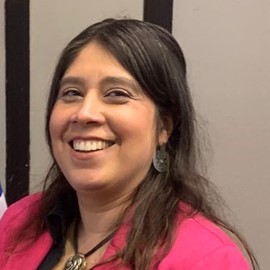
Priscilla Andrea Ulloa Menares
Keynote
Climate Change Adaptation, Inter-American Institute for Global Change Research
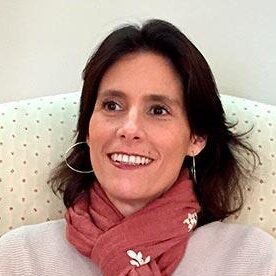
Dorotea López
Moderator Forum
Director, Institute for International Studies, University of Chile

Her Excellency
Beatriz de la Fuente
Speaker
Ambassador, Head of Division for North America, Central America and the Caribbean, Ministry of Foreign Affairs, Chile
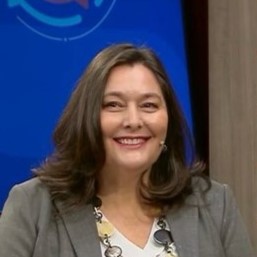
Her Excellency
Adriana Murillo
Speaker
Ambassador of Costa Rica to Chile
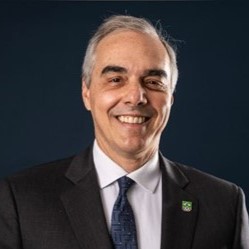
His Excellency
Paulo Pacheco
Speaker
Ambassador of Brazil to Chile

Her Excellency
Linda Redondo
Speaker
Ambassador of Honduras to Chile
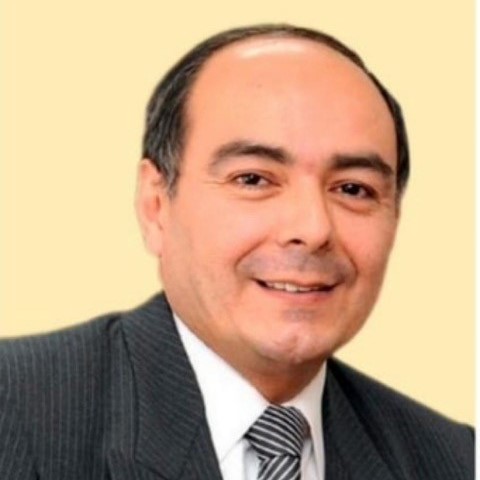
His Excellency
Antonio Rivas
Speaker
Ambassador of Paraguay to Chile

Her Excellency
Mercedes Vicente Sotolongo
Speaker
Ambassador of Cuba to Chile
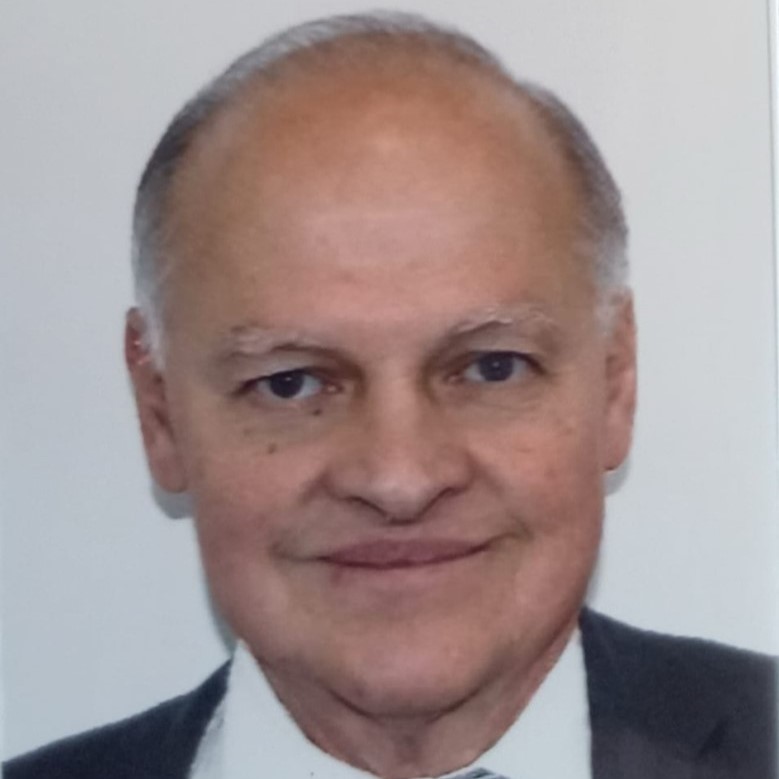
His Excellency
Mario Velázquez
Speaker
Ambassador of Panama to Chile

José Manuel Salazar-Xirinach
CEPAL – United Nations Formal Intervention
Executive Secretary, Economic Commission for Latin America and the Caribbean (CEPAL)/United Nations
13:00 – 14:00 | Networking Lunch – Rooftop, level 23
14:00 – 14:15 | Presentation of the Regional Focal Point for Latin America and the Caribbean
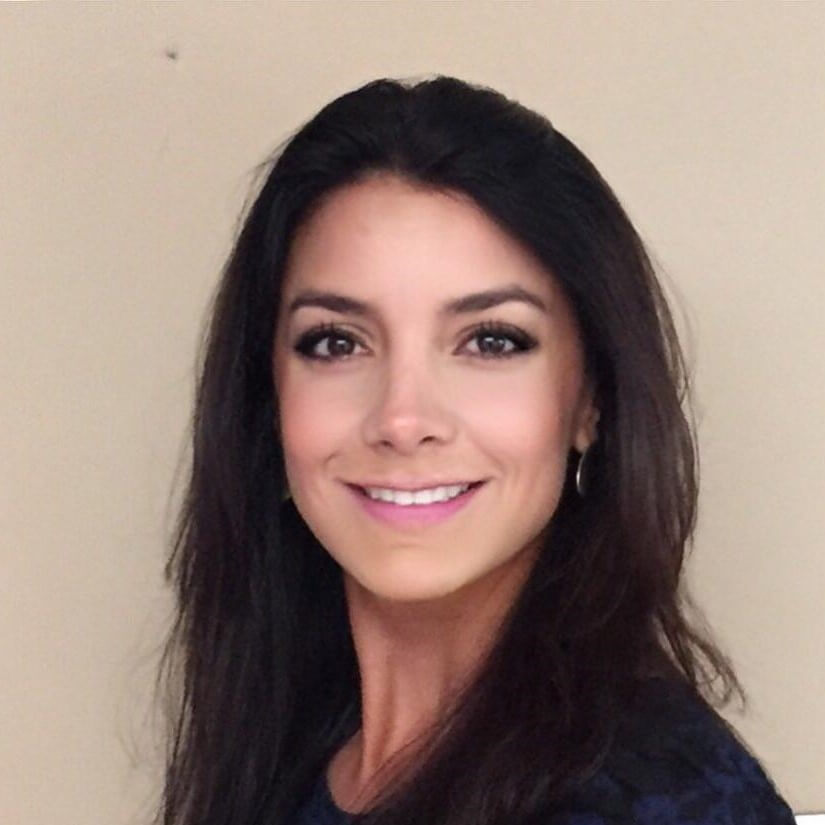
Carolina Santacruz
Moderator
📃 Slides
Science Officer, ISC Regional Focal Point for Latin America and the Caribbean

Helena Groot
Director, ISC Regional Focal Point for Latin America and the Caribbean (RFP-LAC); President, Colombian Academy of Exact, Physical and Natural Sciences
Part II: Science at a Crossroads: Protecting the autonomy of science to deliver solutions on key issues in the LAC region: Freedoms, Health and Wellbeing, Publishing and Open Science – ALFA room, level -2
14:15 – 15:30 | The question of Autonomy: The critical relationships between academies, disciplinary bodies, unions and international scientific organizations, and the state
In an era where science plays a pivotal role in addressing global challenges, the balance between freedom and responsibility within the scientific community has never been more crucial. This panel discussion aims to shed light on the indispensable role that academies, disciplinary bodies, unions, and international scientific organizations play in nurturing this balance. By fostering an environment where scientific freedom is protected and ethical standards are upheld, these institutions contribute significantly to the advancement of knowledge and the betterment of society.
Our distinguished panelists will explore the multifaceted dimensions of freedom and responsibility in science, examining how these concepts influence research integrity, innovation, and public trust. The discussion will delve into the mechanisms and policies that these bodies have established to promote ethical research practices, encourage open dialogue, and support scientists in their quest to explore uncharted territories of knowledge. community in the Latin American and Caribbean (LAC) region, where governmental support for scientific efforts is often lacking.
The panel will discuss the implications of this shortfall in support, exploring how it affects not only the advancement of science in the region but also its ability to contribute to global scientific endeavours. Strategies for overcoming these challenges, including fostering stronger international partnerships and leveraging the power of collective advocacy through scientific unions and organizations, will be a key part of the conversation.
Resources
📃 ISC-IAP statement on “Protecting the Autonomy of National Academies of Science”
🖋 ISC blog “Support for the integrity of Argentina’s science system”
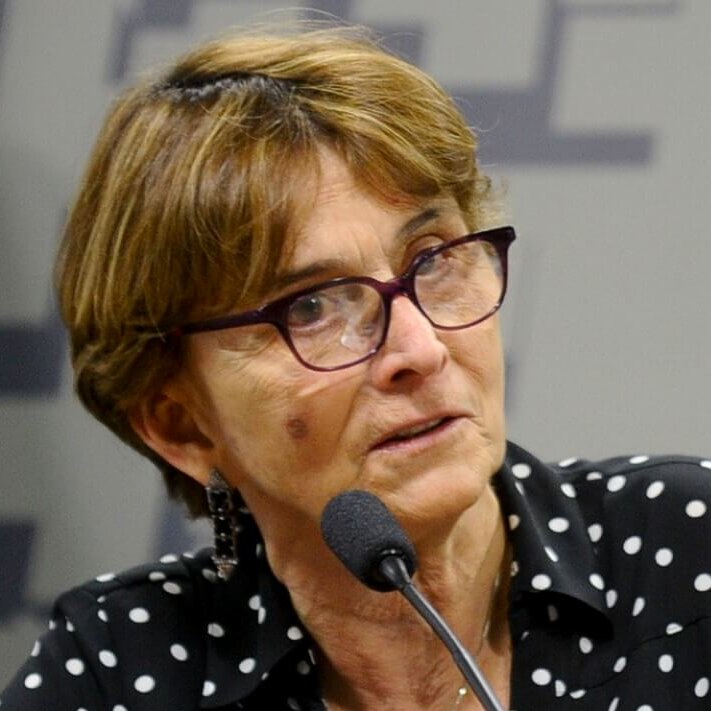
Helena Nader
Moderator
📃 Slides
Member, ISC Governing Board; President, Brazilian Academy of Sciences; Co-Chair, Inter-American Network of Academies of Sciences (IANAS)
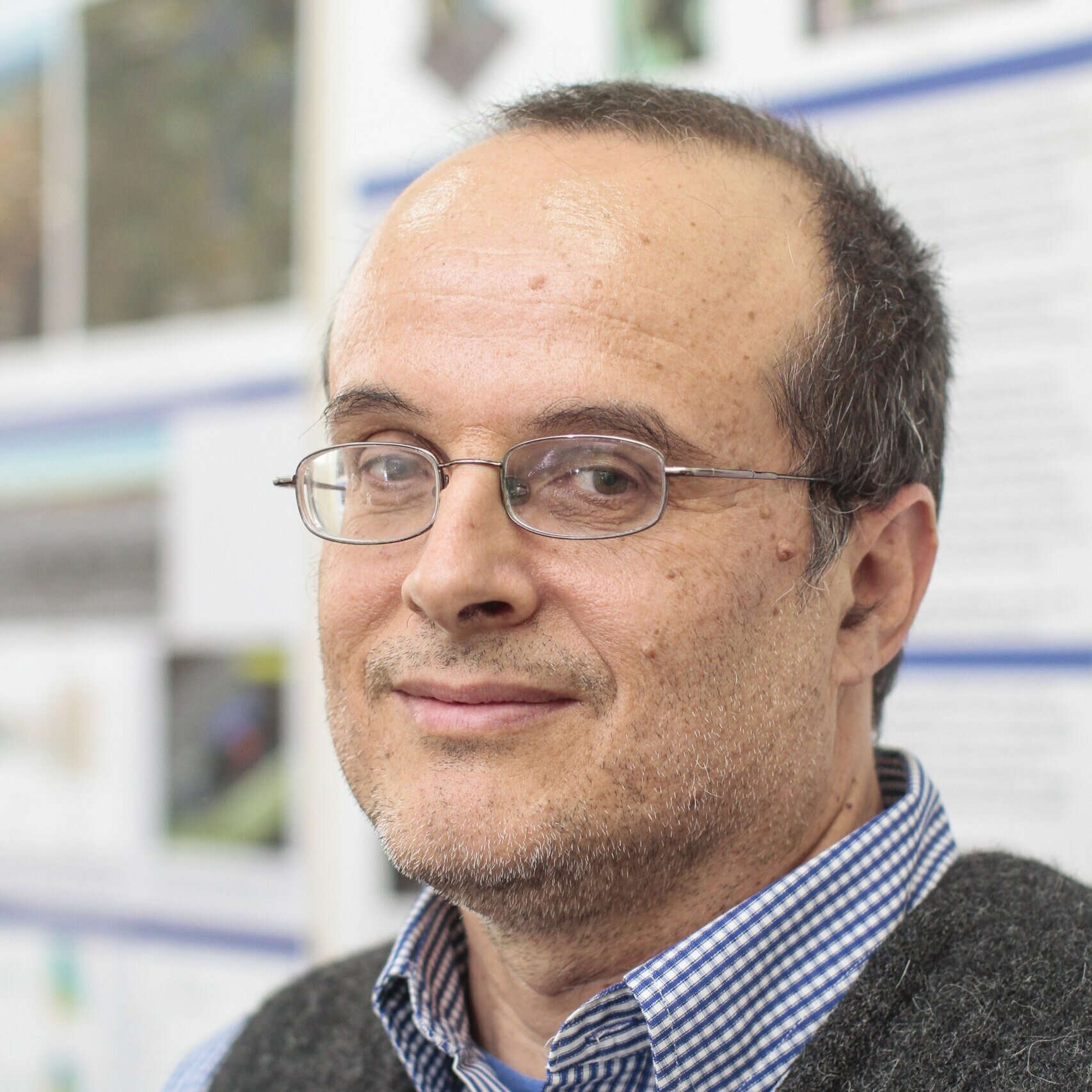
Alberto Gago
President, National Academy of Sciences of Peru

Cecilia Hidalgo
President, Chilean Academy of Sciences
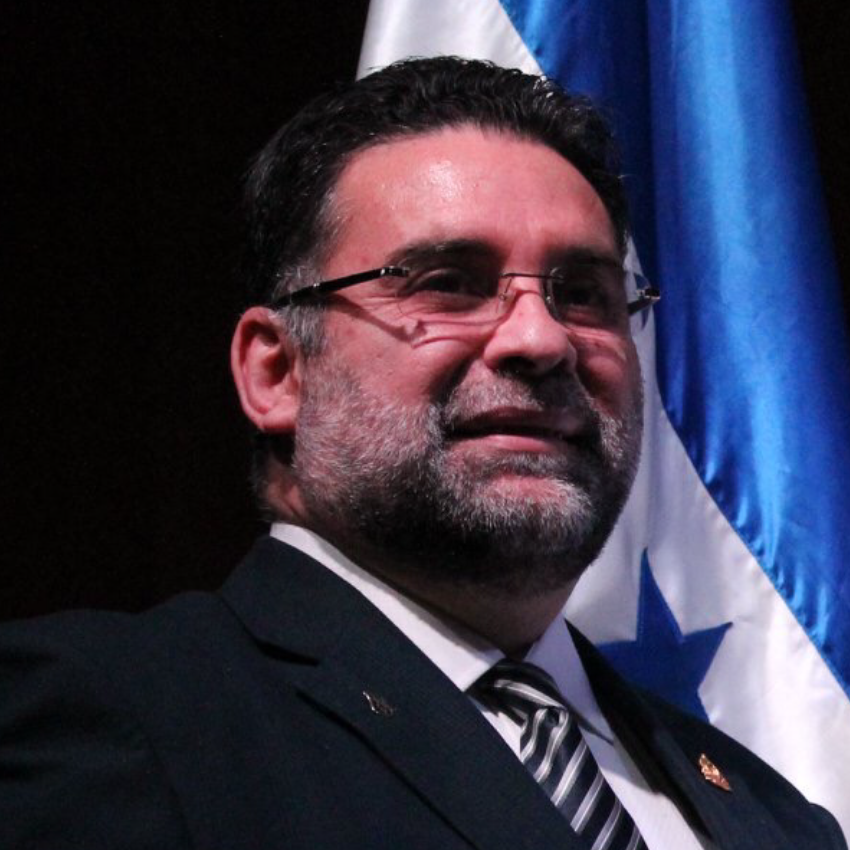
Mario Lanza-Santamaría
President, National Academy of Sciences of Honduras
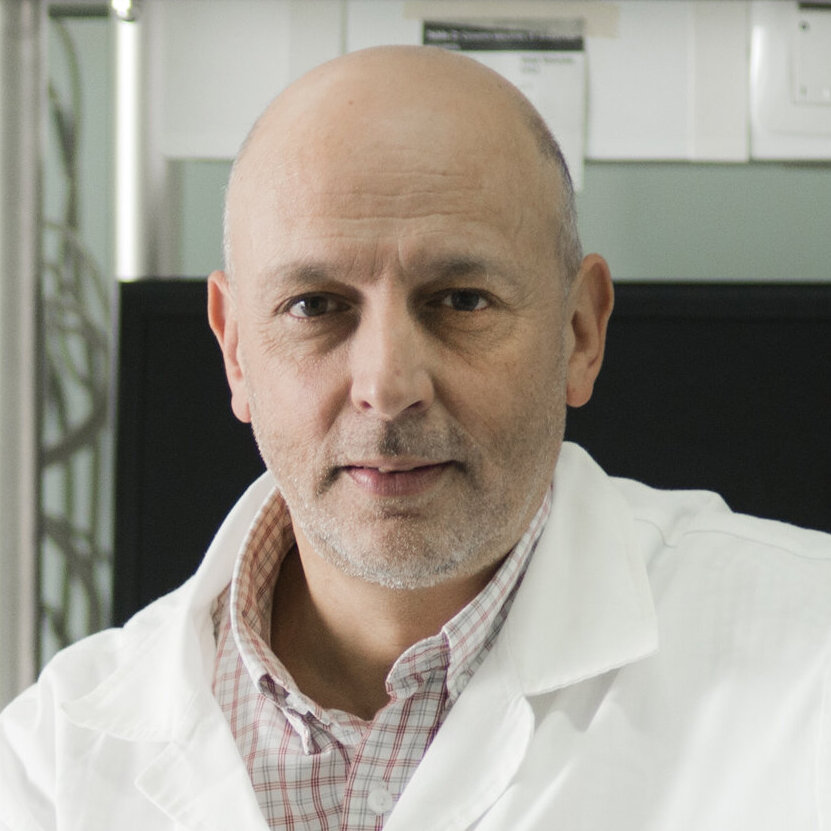
Rafael Radi
President, National Academy of Sciences of Uruguay
15:30 – 16:15 | Urban Health and Wellbeing: Systems thinking for the future
The session addresses the complex relationship between urban environments and human health, with a focus on the context of Latin America and the Caribbean. It explores the dynamics of city living, considering various factors such as infrastructure, socioeconomic disparities, environmental quality, community engagement, and social interaction. The session will call for integrated strategies to tackle urban health and well-being challenges by highlighting the importance of collaboration among stakeholders, including scientists, policymakers, urban planners, healthcare providers, and residents. It will advocate for collective efforts to develop healthier, more resilient cities by leveraging scientific knowledge, technology, policy-making, and participatory approaches. The panelists will propose innovative solutions to enhance urban health outcomes and promote well-being for all inhabitants. Based on a systems approach, they will also spotlight urban life’s unique challenges and opportunities in the Latin American and Caribbean regions.
Moderator: Ana Rada, co-chair of RFP LAC Committee, with German Gutiérrez, RFP LAC committee member and President of the International Union of Psychological Science

Ana Rada
Co-Moderator
Co-Chair, Liaison Committee of the ISC Regional Focal Point for Latin America and the Caribbean
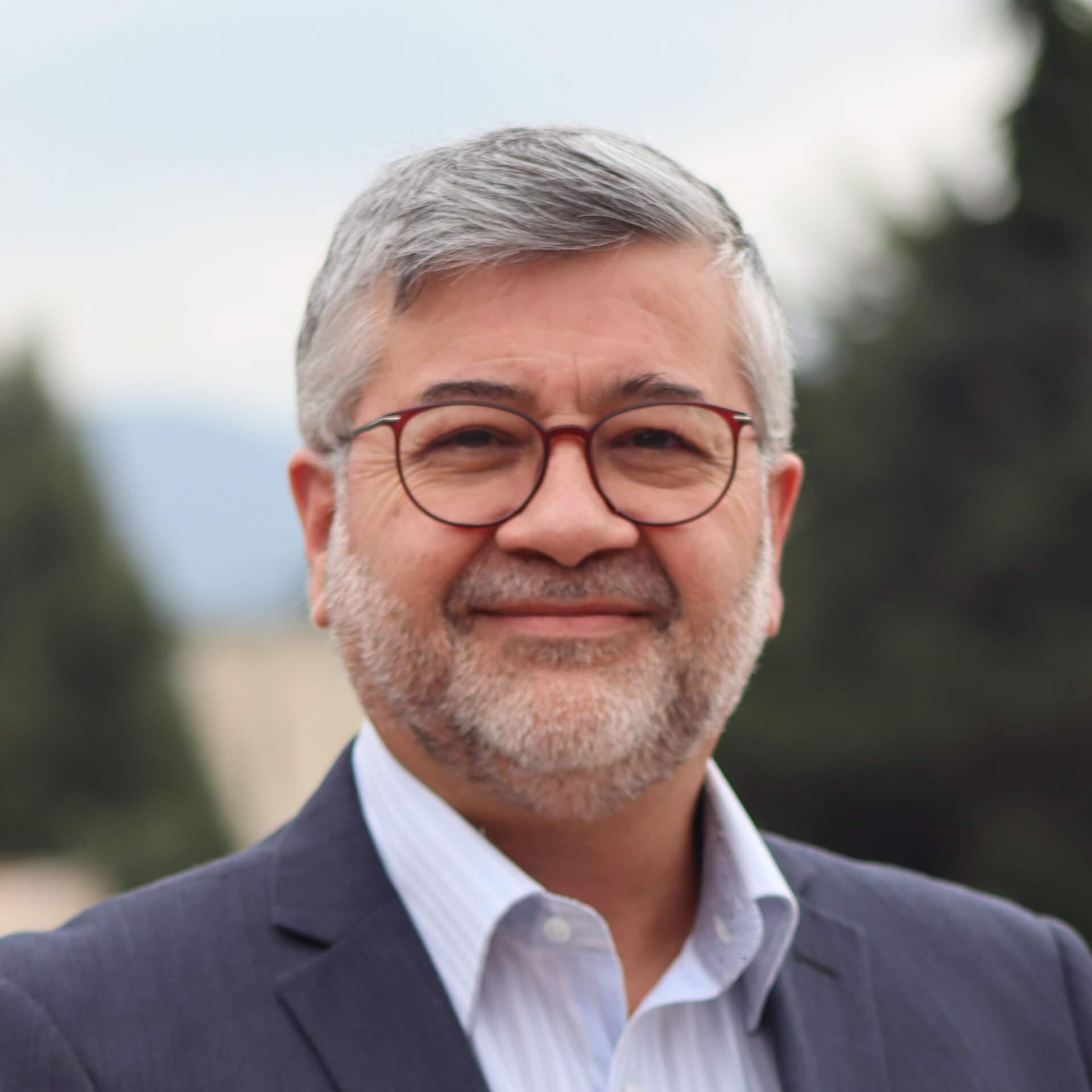
German Gutiérrez
Co-Moderator
Member, Liaison Committee of the ISC Regional Focal Point for Latin America and the Caribbean
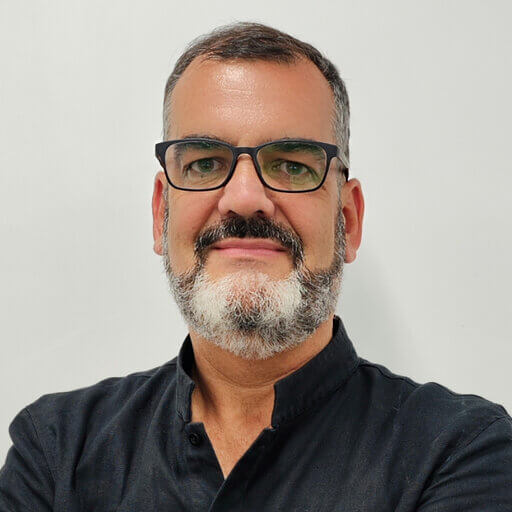
Franz Gatzweiler
Urban Health and Wellbeing Programme
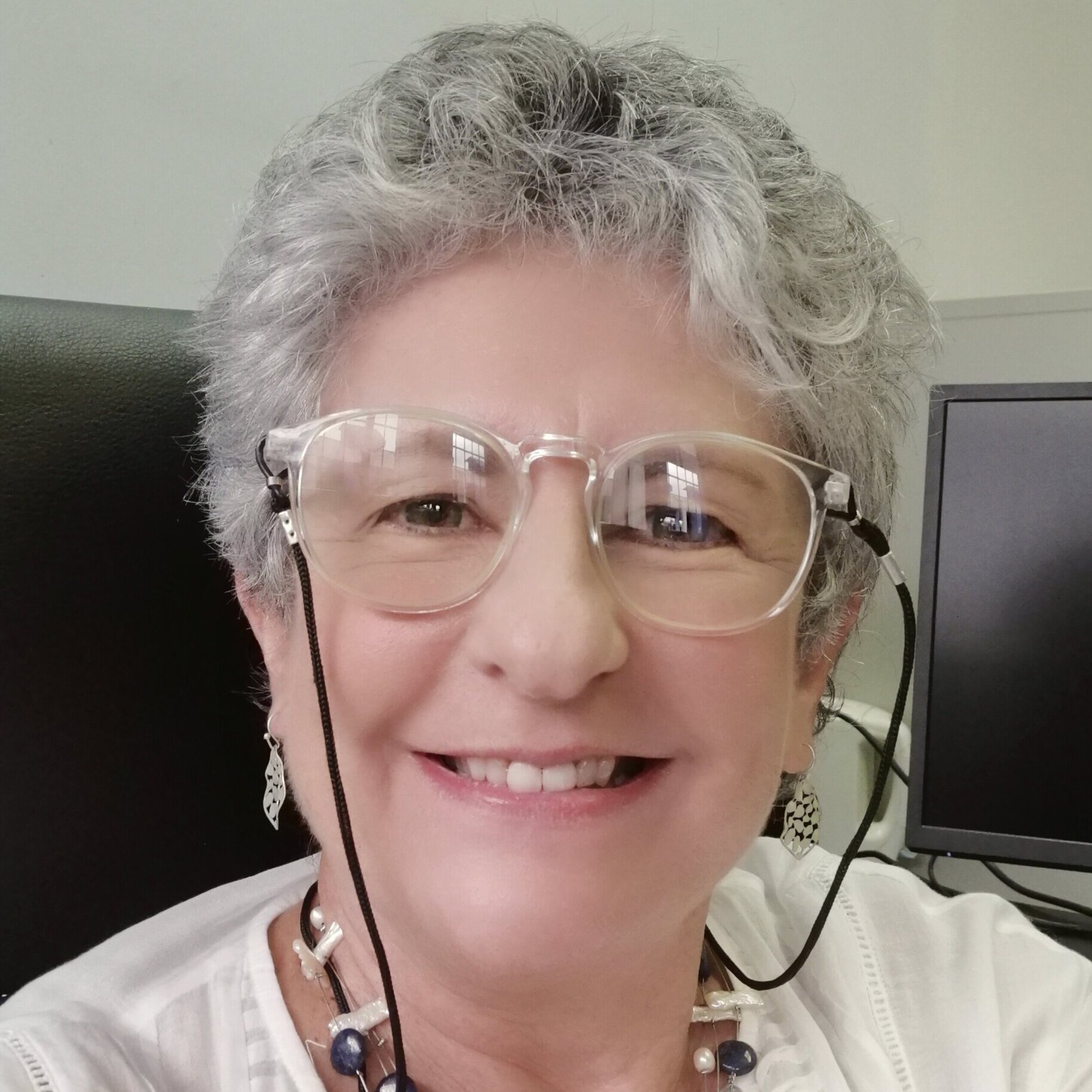
Henriette Raventós Vorst
Vice President, National Academy of Sciences Costa Rica
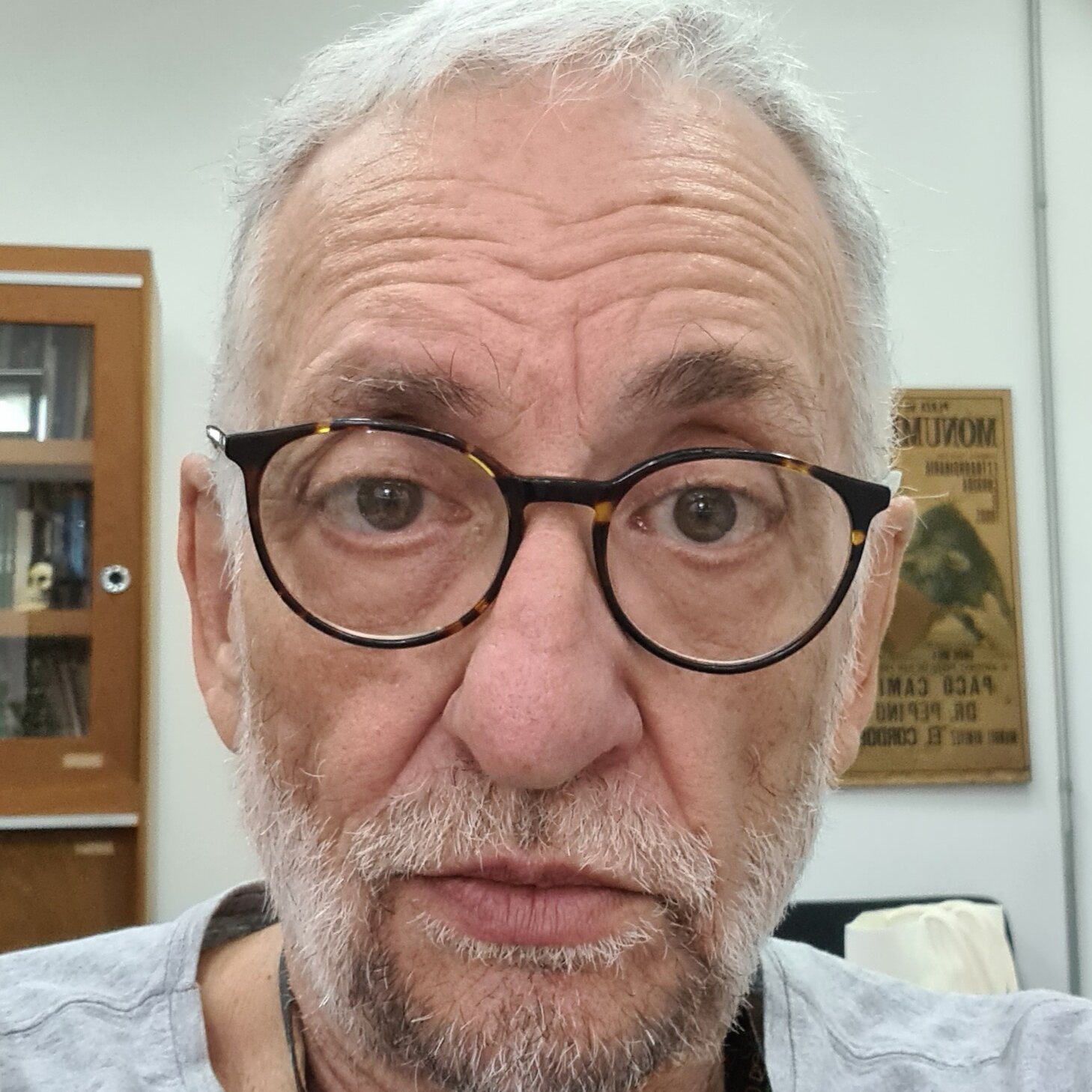
Paulo Saldiva
Faculty of Medicine, School of Medicine, University of São Paulo; member, Brazilian Academy of Sciences
16:15 – 16:45 | BREAK – Foyer, level -2
16:45 – 18:00 | The Future of Evaluation and Publishing in Open Science Contexts
Peer review of research results is the primary mechanism for evaluating science, a fundamental component of scholarly communications and research evaluation. It therefore makes a fundamental contribution to the record of science. Peer review processes have long been developed to ensure, as far as possible, the robustness and rigor of scholarly publications, but recently the shortcomings of the pre-publication peer review process have been well documented. Increasingly diverse modes of publication are making the conduct of peer review more problematic, such as preprints on platforms that use post-publication peer review, and also in repository collections other than article journals.
Various options are being experimented with for peer review of content in “version records” stages, rather than the pre-publication peer review process in the traditional “version of record” of conventional journals. In such changes, it is also necessary to examine the extent to which incentives may be necessary to sustain the review effort, giving credit for review work in research evaluation practices, and whether parts of the task could be automated.
Thus, in an international context in which 193 countries adopted the UNESCO Recommendation on Open Science in 2021, which recommends opening the processes of creation, evaluation and communication of scientific knowledge to social actors beyond the traditional scientific community, it is necessary to review research and career evaluation systems to align them with the principles of open science. In this framework, the aim off the session is to understand in depth and from different perspectives, the complexities arising from the peer review process in academic journals, focusing observation and analysis on the Latin American and Caribbean region (LAC), and on the potential of scientific content in other Open Access publishing spaces (repositories, preprints, data repositories, books), in order to support a more inclusive and bibliodiverse global ecosystem of scholarly communications.
Resources
📙 The Future of Research Evaluation
📘 The Key Principles for Scientific Publishing
📘 The Case for Reform of Scientific Publishing
📗 All related ISC publications
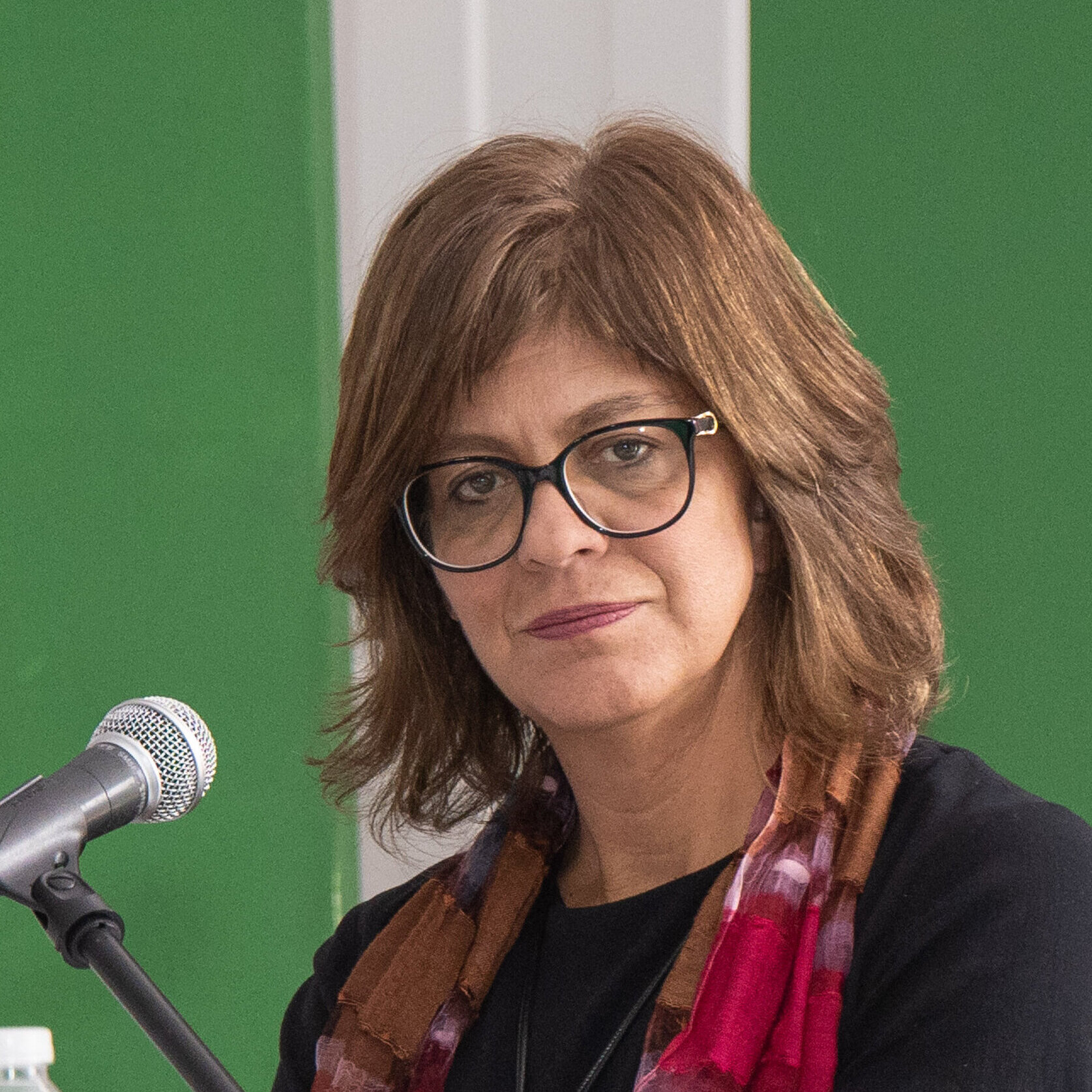
Karina Batthyány
Moderator
📃 Slides
Member, ISC Governing Board; Executive Director, Latin American Council of Social Sciences (CLACSO)
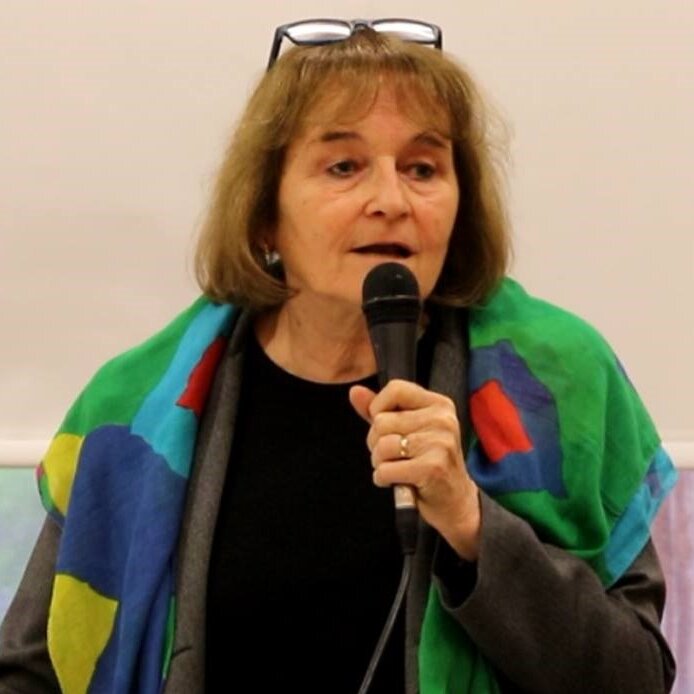
Dominique Babini
Virtual statement
Member, steering group of ISC project “The future of scientific publishing”; Open Science Advisor, Latin American Council of Social Sciences (CLACSO)
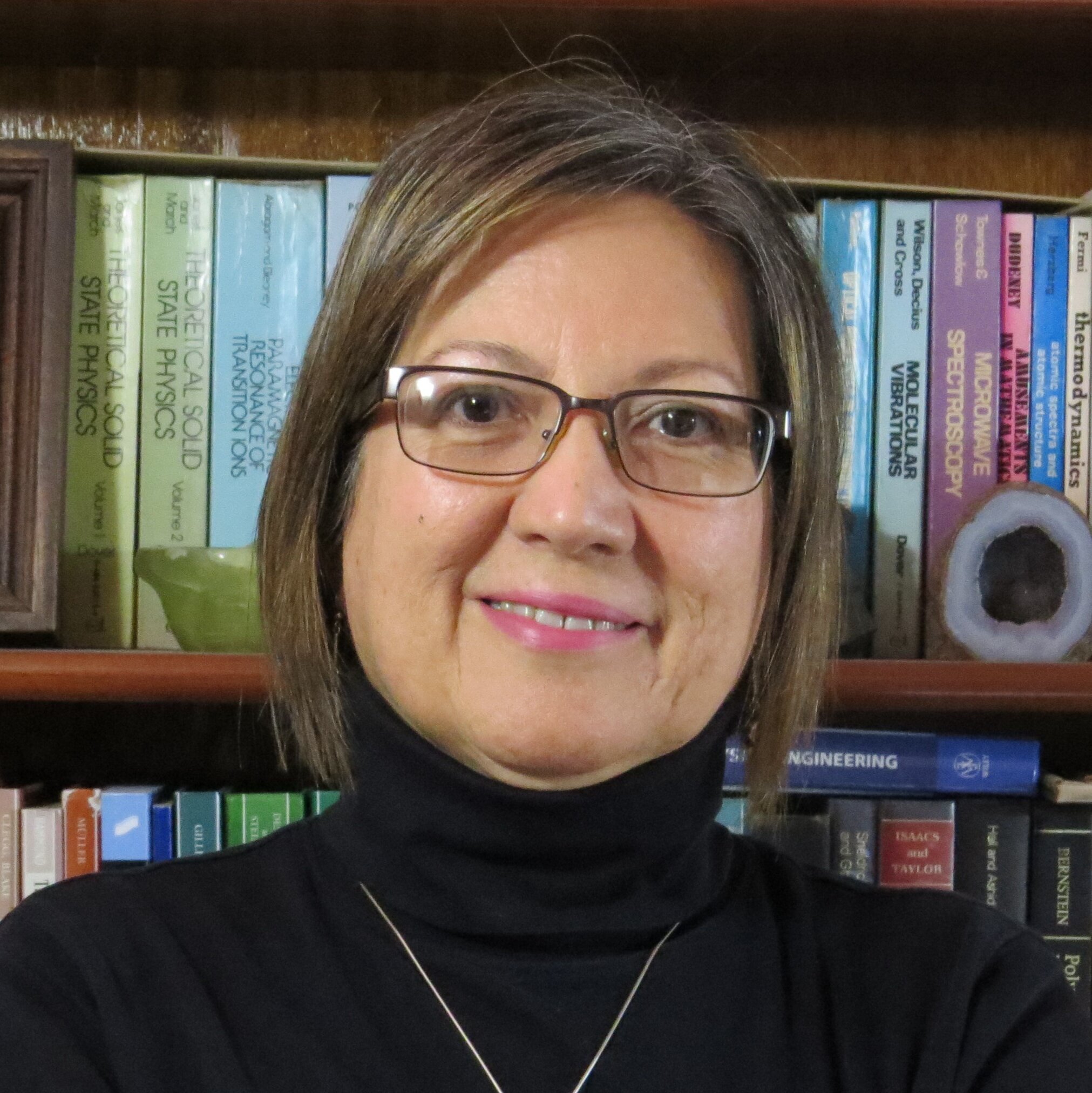
Member, ISC RFP-LAC Liaison Committee; Vice-President, International Union of Crystallography, member
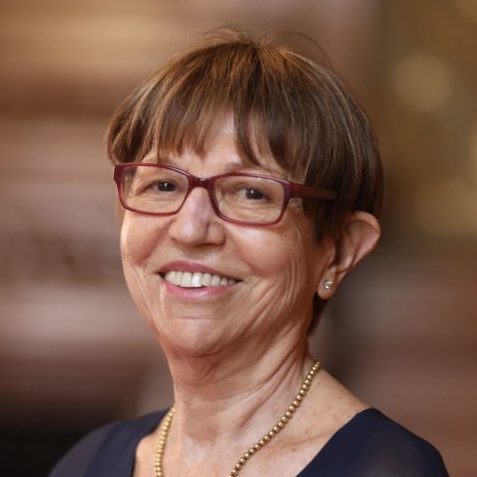
Member, ISC RFP-LAC Liaison Committee; Advisory Council Social Sciences, Brazilian Academy of Sciences
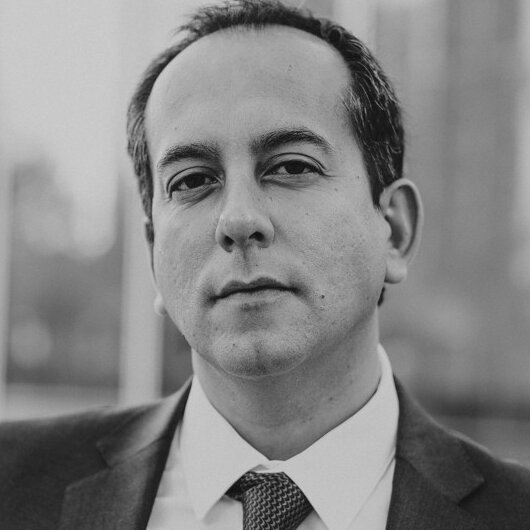
Rodrigo Roa
Executive Director, Data Observatory Chile; CODATA
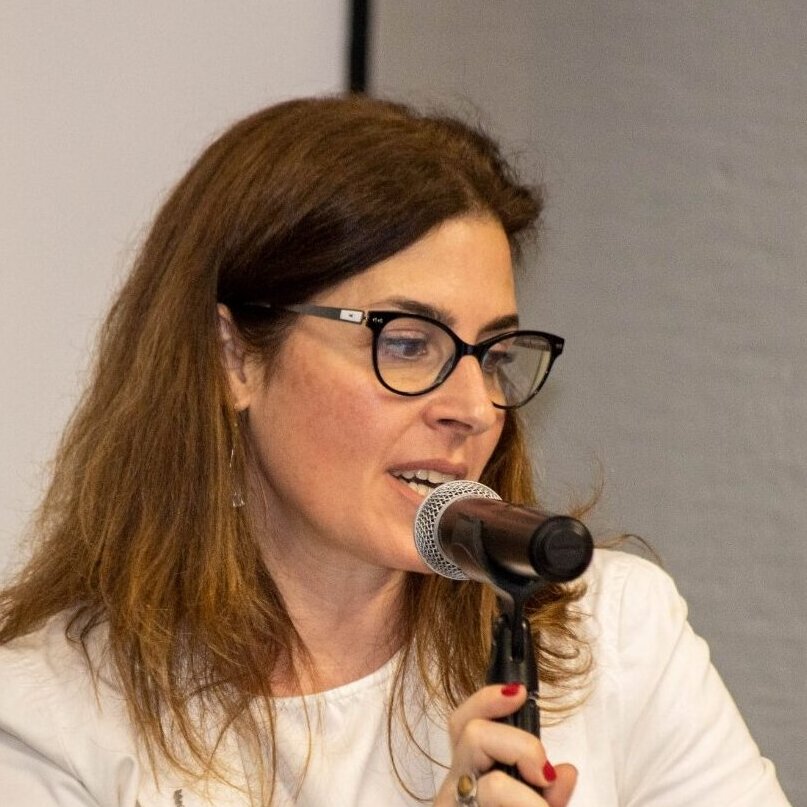
Member, ISC steering group “The Future of Research Evaluation”; coordinator, Latin American Forum for Research Assessment (FOLEC), CLACSO
18:00 | Close of conference proceedings for Day 1
19:00 | Dinner, sponsored by the Frontiers Planet Prize – TAU room, level -1
With cultural music (including classical, Latin American, Jazz and Chilean music) and a video message from the Frontiers Research Foundation
Musicians
Angelo Cassanello Rut
Ignacio Zamorano
Alfonso Muñoz
Enzo Rivera
Musical programme
“La creación” – Joseph Haydn
“Tiger Rag” – Jack Gale
“Adiós Nonino” – Astor Piazzolla
“La Jardinera“ – Violeta Parra
Thursday 11 April
Part III: Nurturing a Sustainable Future: Empowering regional networks in the multilateral space to promote living within planetary boundaries – ALFA room, level -2
09:00 – 09:30 | Frontiers Planet Prize Session
We will hear from two remarkable sustainability scientists whose research has been nominated for the Frontiers Planet Prize, a global science competition celebrating breakthroughs in sustainability science and rewarding solutions that show measurable potential to help humanity remain within the boundaries of the Earth’s ecosystem.
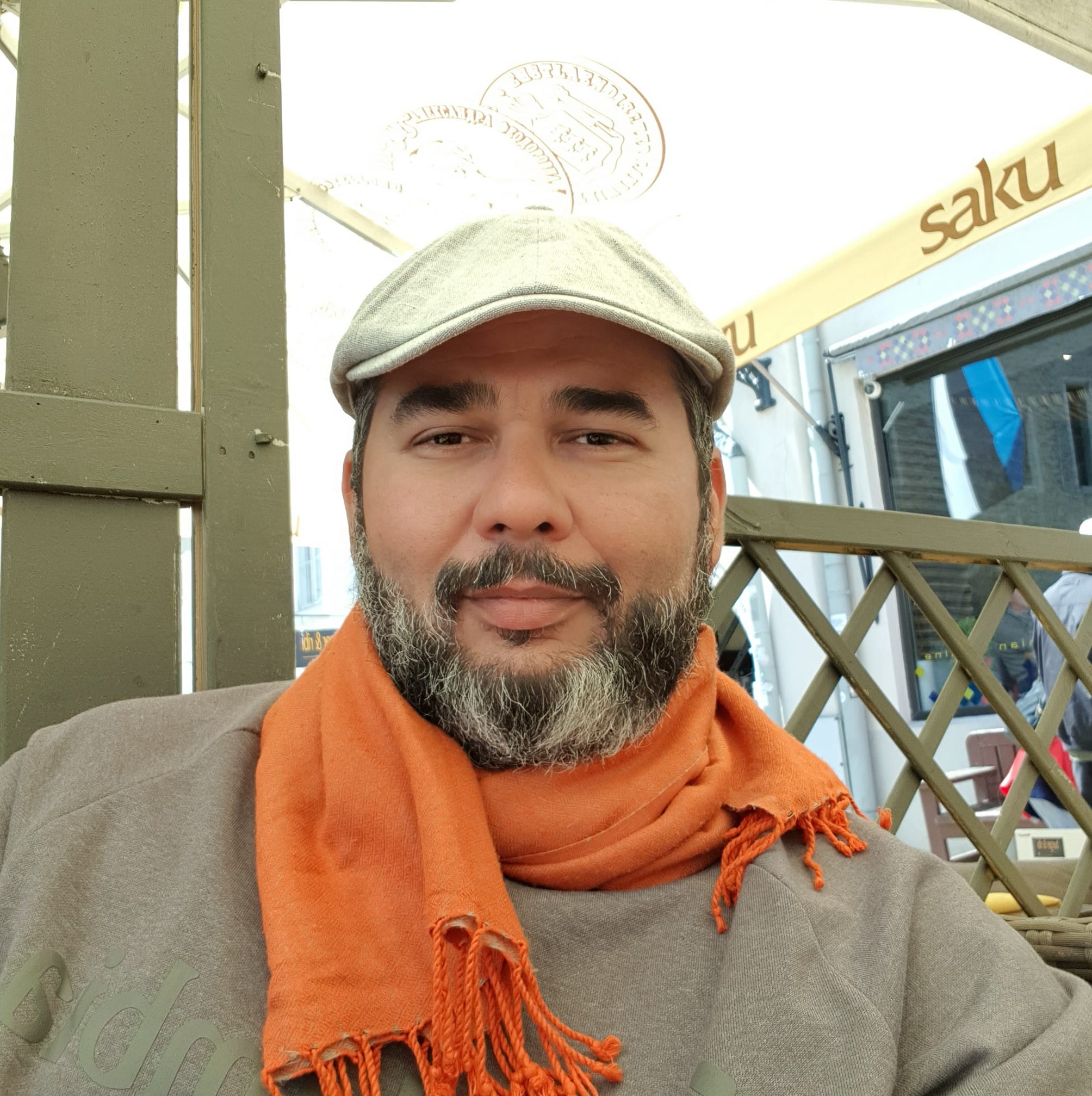
Ítalo Castro
Professor, Universidade Federal de São Paulo
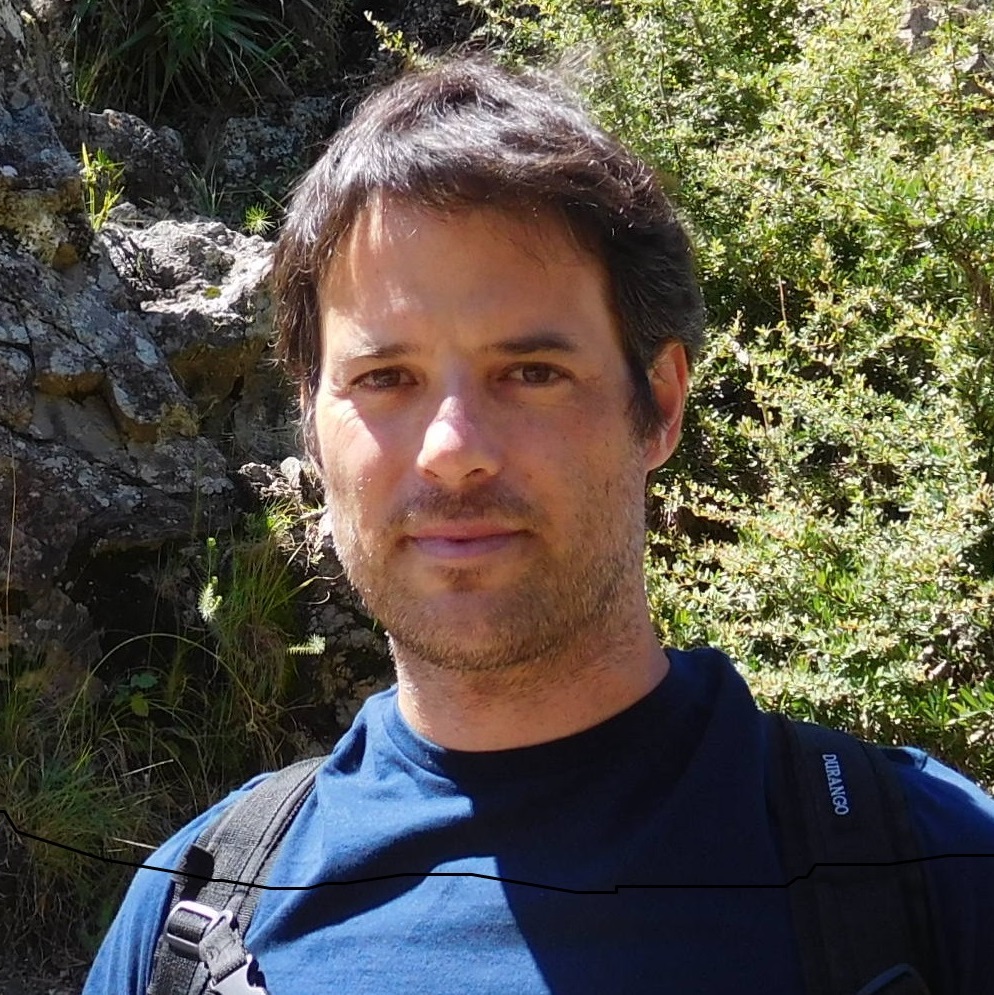
Pedro Jaureguiberry
Adjunct Researcher, Instituto Multidisciplinario de Biología Vegetal (CONICET-Universidad Nacional de Córdoba)
9:30 – 10:30 | Opportunities and Challenges for the 2030 Agenda through empowering regional networks in the multilateral space
This panel delves into the intricate dynamics of leveraging regional networks to bolster the ambitious goals of the 2030 Agenda for Sustainable Development. As we navigate the complexities of the multilateral space, the session aims to uncover how strengthened regional collaborations can serve as a pivotal force in addressing global challenges, from climate change to inequality, and beyond.
Experts from diverse backgrounds will explore the multifaceted opportunities that regional networks present in accelerating progress towards the Sustainable Development Goals (SDGs). They will discuss innovative strategies for enhancing regional cooperation, sharing knowledge and resources, and fostering a sense of shared responsibility and collective action.
Conversely, the panel will not shy away from the challenges that lie ahead. It will critically examine the barriers to effective collaboration, including political, economic, and social hurdles that may impede the empowerment of these networks. The discussion will also highlight case studies and lessons learned from various regions, offering insights into successful integration of local initiatives with global objectives.
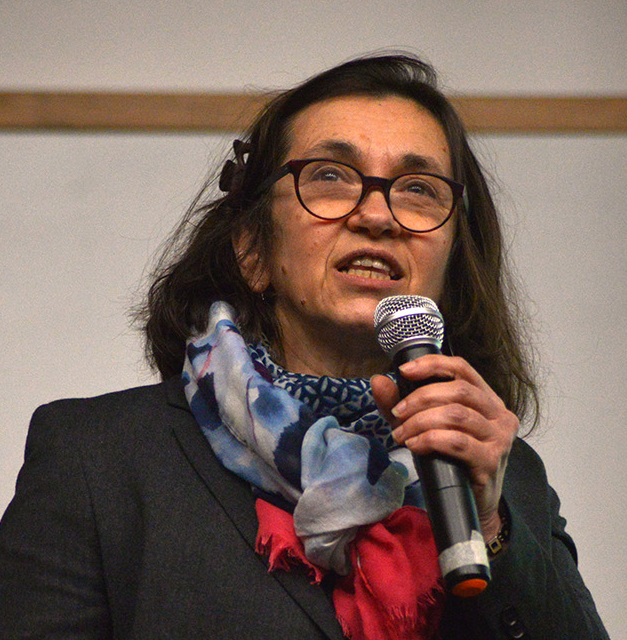
Silvina Ponce-Dawson
Moderator
📃 Slides
member, ISC RFP-LAC Liaison Committee; President-elect, International Union of Pure and Applied Physics
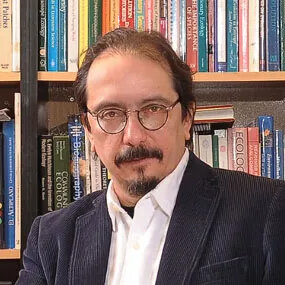
Pablo Marquet
Faculty of Biological Sciences, Pontificia Universidad Católica de Chile
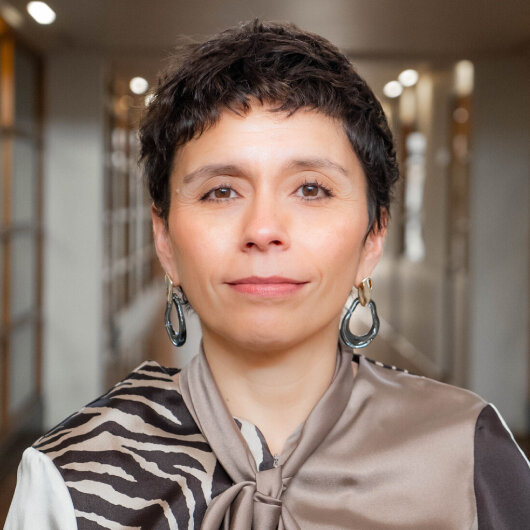
Pilar Moraga
Director, Center for Climate and Resilience Research; Director, Center for Environmental Law, University of Chile
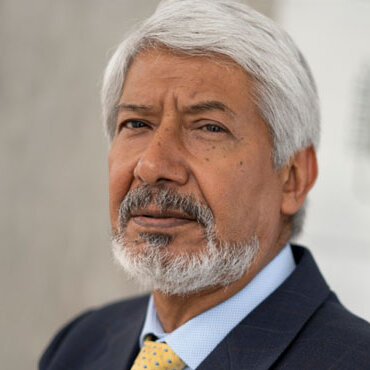
José Luis Morán
International Affairs Coordinator, Mexican Academy of Sciences
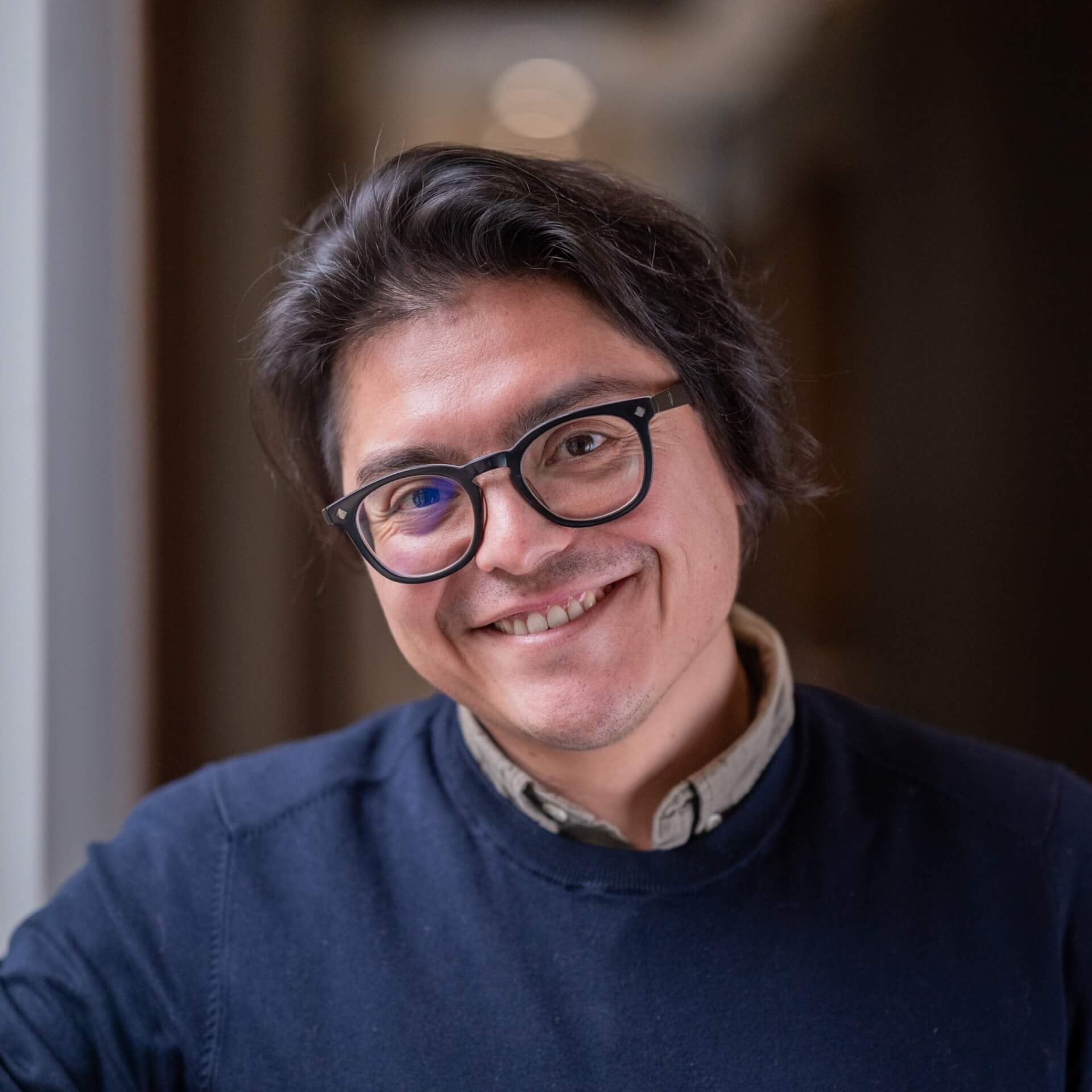
Nicolás Trujillo Osorio
Public policy advisor to science, technology and innovation, Ministry of Science, Technology, Knowledge and Innovation Chile
10:30 – 11:15 | Breakout Group Session
Four probing questions will be posed to delegates on building the voice of science in the region. Delegates will discuss in groups, with an opportunity to respond as part of the dialogue on key priorities for the LAC region, building on the previous sessions.
11:15 – 11:45 | BREAK – Foyer, level -2
Part IV: Next steps for the Regional Focal Point for Latin America and the Caribbean – turning dialogue into action – ALFA room, level -2
11:45 – 12:15 | Report back from the AI workshop (pre-event on 9 April)
12:15 – 12:35 | Moderated dialogue from the breakout session: What are the key strategic goals for the RFP-LAC?
What are our opportunities and challenges and what is the role of the ISC and the ISC RFP-LAC in progressing and addressing these? The dialogue will be guided by input from the round tables earlier in the day.

Co-Chair, Liaison Committee of the ISC Regional Focal Point for Latin America and the Caribbean

Co-Chair, Liaison Committee of the ISC Regional Focal Point for Latin America and the Caribbean
12:35 – 13:20 | Dialogue on the Latin American and Caribbean voice for global science and the pressing issues for funding science
This engaging panel discussion aims to spotlight the vital contributions and unique perspectives of Latin American and Caribbean countries in the global scientific community, with a particular focus on sustainability. As the world grapples with unprecedented environmental challenges, the need for inclusive, diverse, and well-funded scientific research has never been more critical. This session will explore how the LAC region can amplify its voice and influence in global science dialogues, particularly in areas crucial for sustainable development.
Panelists will delve into the current landscape of science funding in the LAC region, identifying both the opportunities and obstacles that researchers face in securing the support necessary to advance their work. The discussion will extend to the role of international cooperation and partnerships in bolstering the region’s scientific endeavors, ensuring that LAC countries are not only participants but also leaders in the global quest for sustainability.

Elisa Reis
Moderator
Member, ISC RFP-LAC Liaison Committee; Advisory Council – Social Sciences, Brazilian Academy of Sciences; National Association of Graduate Studies and Research in Social Sciences of Brazil (ANPOCS)

Guillermo Anlló
UNESCO Senior Programme, Science and Technology Policy and Capacity Building, LAC UNESCO Regional Bureau for Science, Uruguay
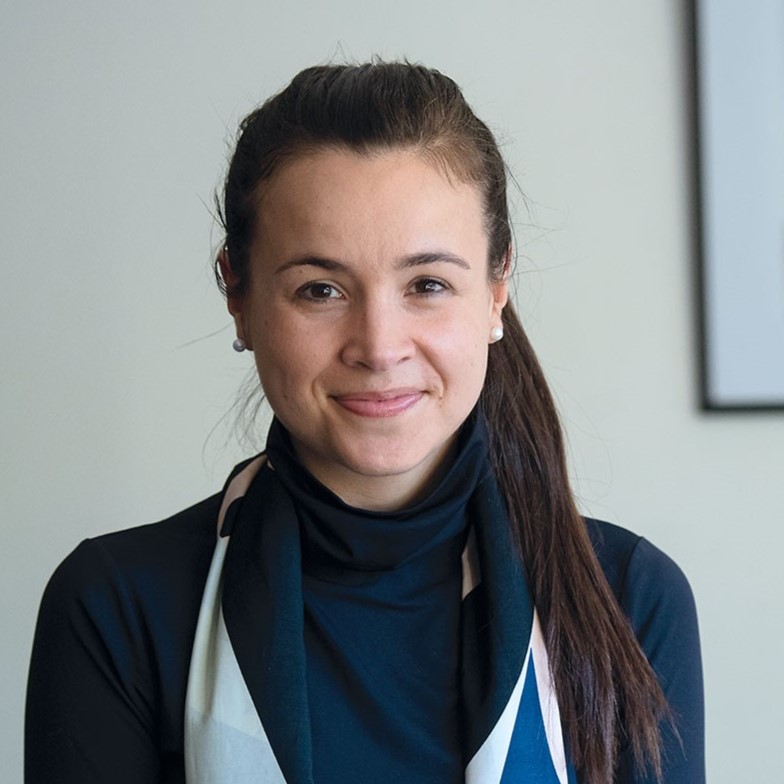
Mercedes Aramendia
President, National Council of Innovation, Science and Technology Uruguay (CONICYT)
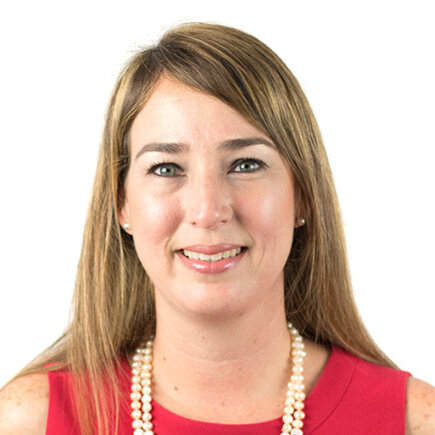
Milagro Mainieri
Director of Investigation and Development, National Secretariat of Science, Technology and Innovation Panamá (SENACYT)
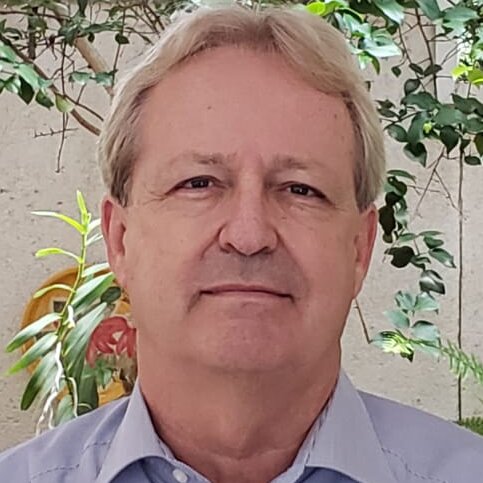
Euclides de Mesquita Neto
Executive Secretary, Global Research Council
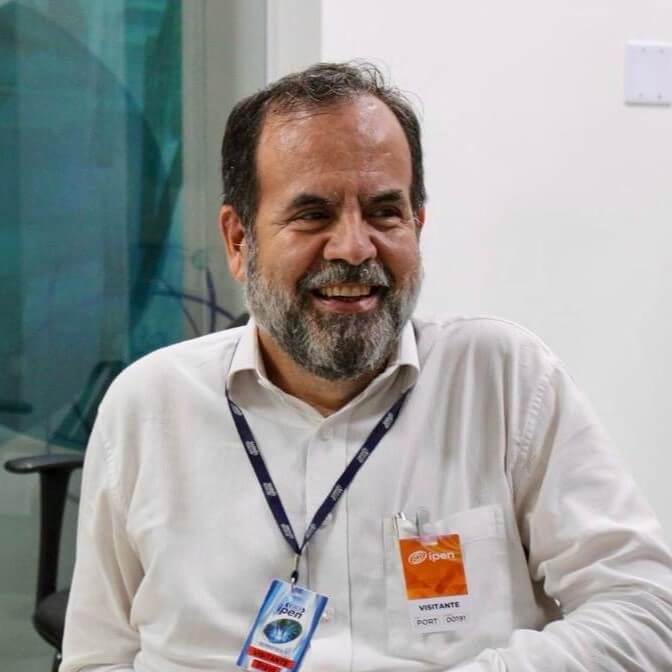
Carlos Frederico de Oliveira Graeff
Strategic Programs and Infrastructure Coordinator, São Paulo Research Foundation (FAPESP)
13:20 – 13:45 | Closing Remarks

Helena Groot
Director, ISC Regional Focal Point for Latin America and the Caribbean (RFP-LAC); President, Colombian Academy of Exact, Physical and Natural Sciences

Executive Director of the Latin American Council of Social Sciences (CLACSO), member of the ISC Executive Board, ISC Fellow

Cecilia Hidalgo
President, Chilean Academy of Sciences

Co-Chair, Liaison Committee of the ISC Regional Focal Point for Latin America and the Caribbean

Co-Chair, Liaison Committee of the ISC Regional Focal Point for Latin America and the Caribbean
13:45 | Closing Lunch – Rooftop, level 23
Afternoon | Delegates are invited to organize their own meetings or attend the ISC RFP-LAC Academic Activity “Integrating Opportunities for the Development of Sciences in the LAC Region” ⬇.
ISC RFP-LAC Academic Activity: Integrating Opportunities for the Development of Sciences in the LAC Region – ALFA room, level -2
👉 View pdf programme
15:00 – 15:45 | Round Table “The Academia” and Academies of Science in Latin America and the Caribbean as an Opportunity for Development
Sponsors: Chilean Academy of Sciences, Bentham Sciences, ELSEVIER, IUPS, SERNATUR-Chile, and ISC RFP-LAC

Ana Rada
Moderator
Co-Chair, Liaison Committee of the ISC Regional Focal Point for Latin America and the Caribbean

Cecilia Hidalgo
Discussant
President, Chilean Academy of Sciences

Helena Groot
Discussant
Director, ISC Regional Focal Point for Latin America and the Caribbean (RFP-LAC); President, Colombian Academy of Exact, Physical and Natural Sciences

Mario Lanza-Santamaría
Discussant
President, National Academy of Sciences of Honduras

Henriette Raventós Vorst
Discussant
Vice President, National Academy of Sciences Costa Rica

José Luis Morán
Discussant
International Affairs Coordinator, Mexican Academy of Sciences

Elisa Reis
Discussant
Member, ISC RFP-LAC Liaison Committee; Advisory Council – Social Sciences, Brazilian Academy of Sciences; National Association of Graduate Studies and Research in Social Sciences of Brazil (ANPOCS)
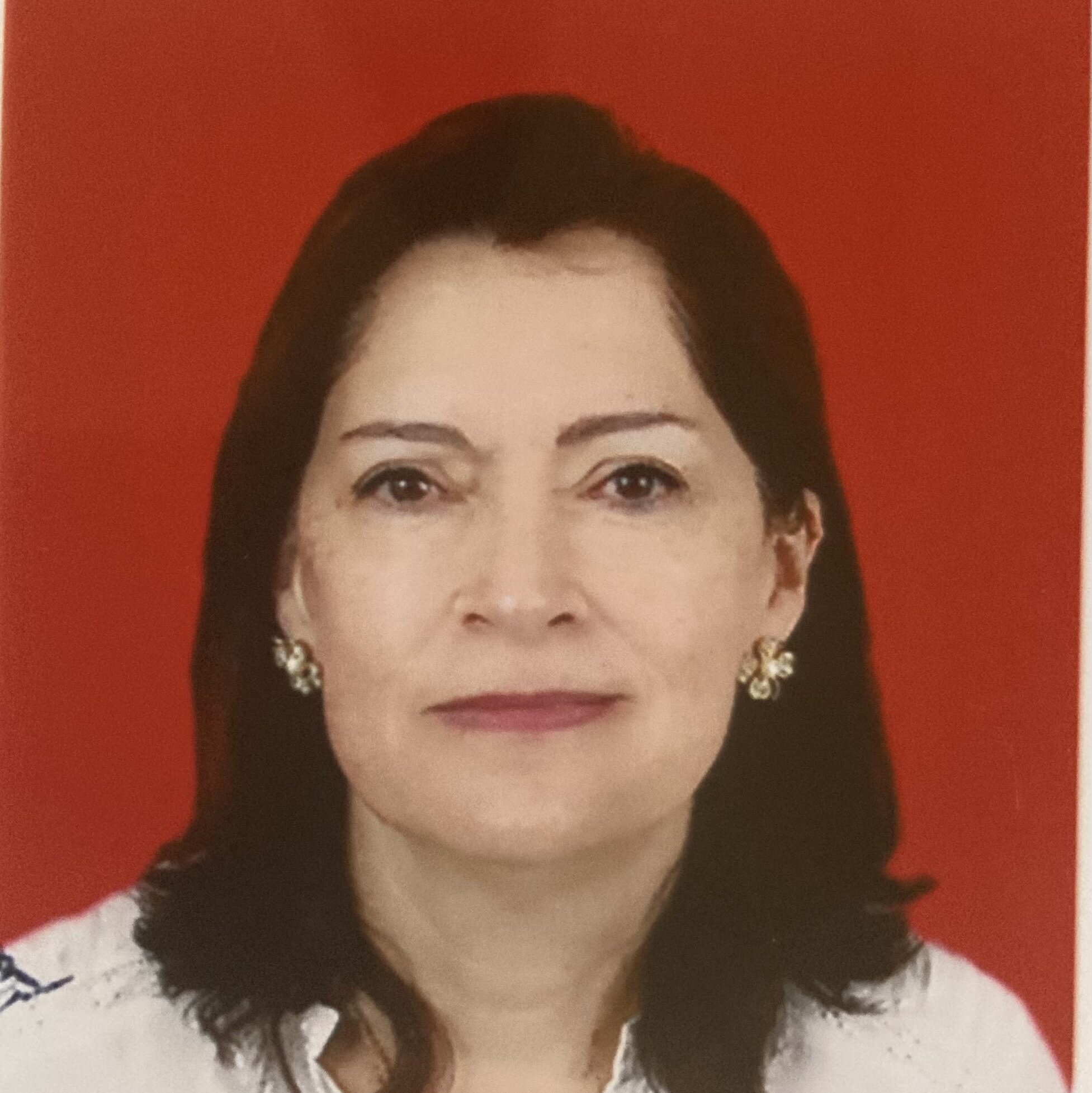
Mónica Moraes
Discussant
President, National Academy of Sciences of Bolivia

Mercedes Aramendia
Discussant
President, National Council of Innovation, Science and Technology Uruguay (CONICYT)
15:45 – 16:30 | Keynote Lectures: Dialogues with government entities and their visions of “Science in LAC”
Sponsors: Chilean Academy of Sciences, Embassy of Honduras in Chile, Bentham Sciences, ELSEVIER, IUPS, SERNATUR-Chile, and ISC RFP-LAC

Luis Sobrevia
Moderator
Co-Chair, Liaison Committee of the ISC Regional Focal Point for Latin America and the Caribbean

German Gutiérrez
Moderator
Member, Liaison Committee of the ISC Regional Focal Point for Latin America and the Caribbean
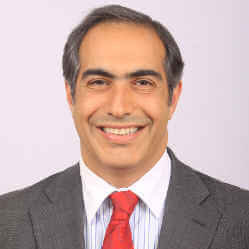
Francisco Chahuán
Speaker
Senator, Republic of Chile; Founder, former President, and member of the Future Challenges Commission
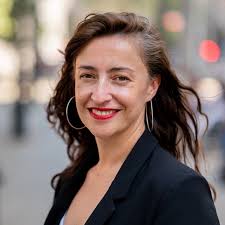
Carolina Gainza
Speaker
Undersecretary of Science, Technology, Knowledge and Innovation
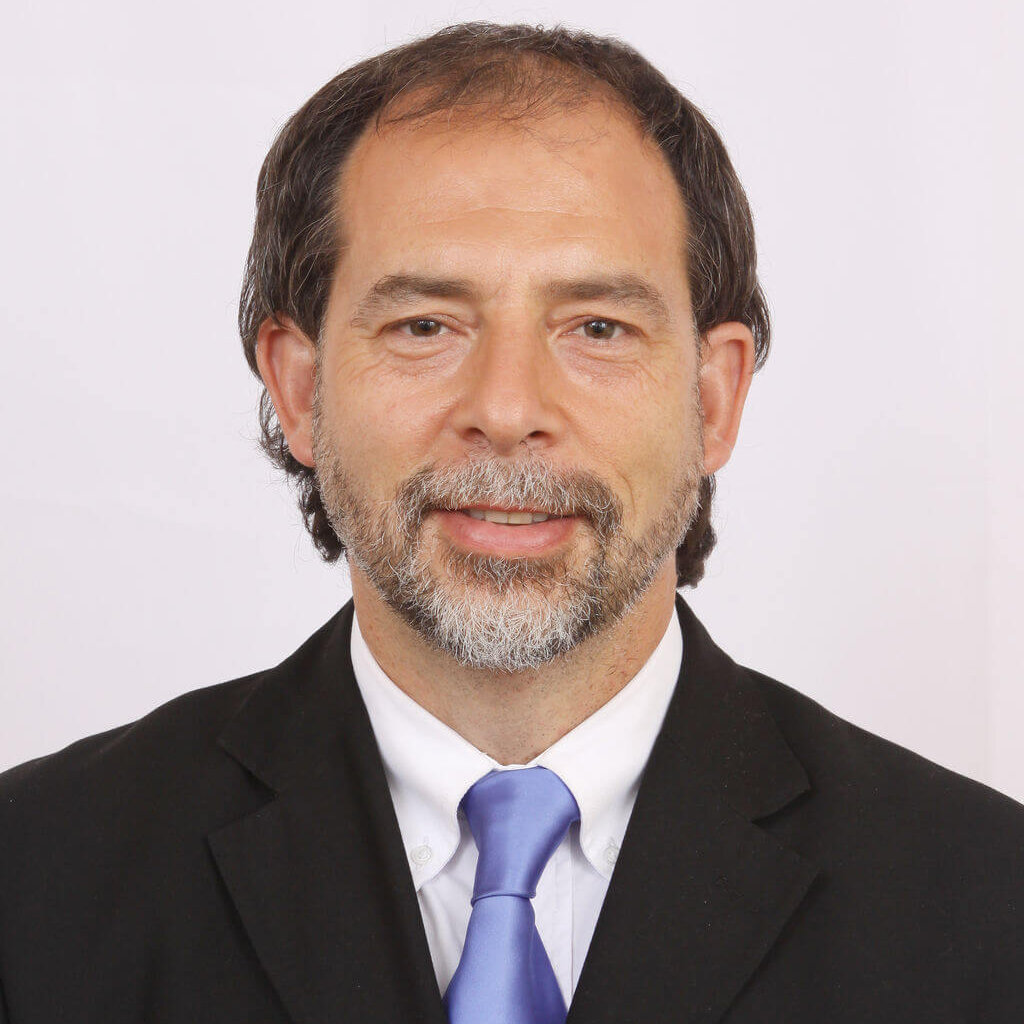
Guido Girardi
Speaker
Former-Senator, Republic of Chile; Executive Vicepresident, Future Encounters Foundation

Guillermo Anlló
Speaker
UNESCO Senior Programme, Science and Technology Policy and Capacity Building, LAC UNESCO Regional Bureau for Science, Uruguay

Esther Kuisch Laroche
Speaker
Director, Multisectoral Regional Office, UNESCO, Chile
16:30 | Refreshments and networking – Foyer, level -2

